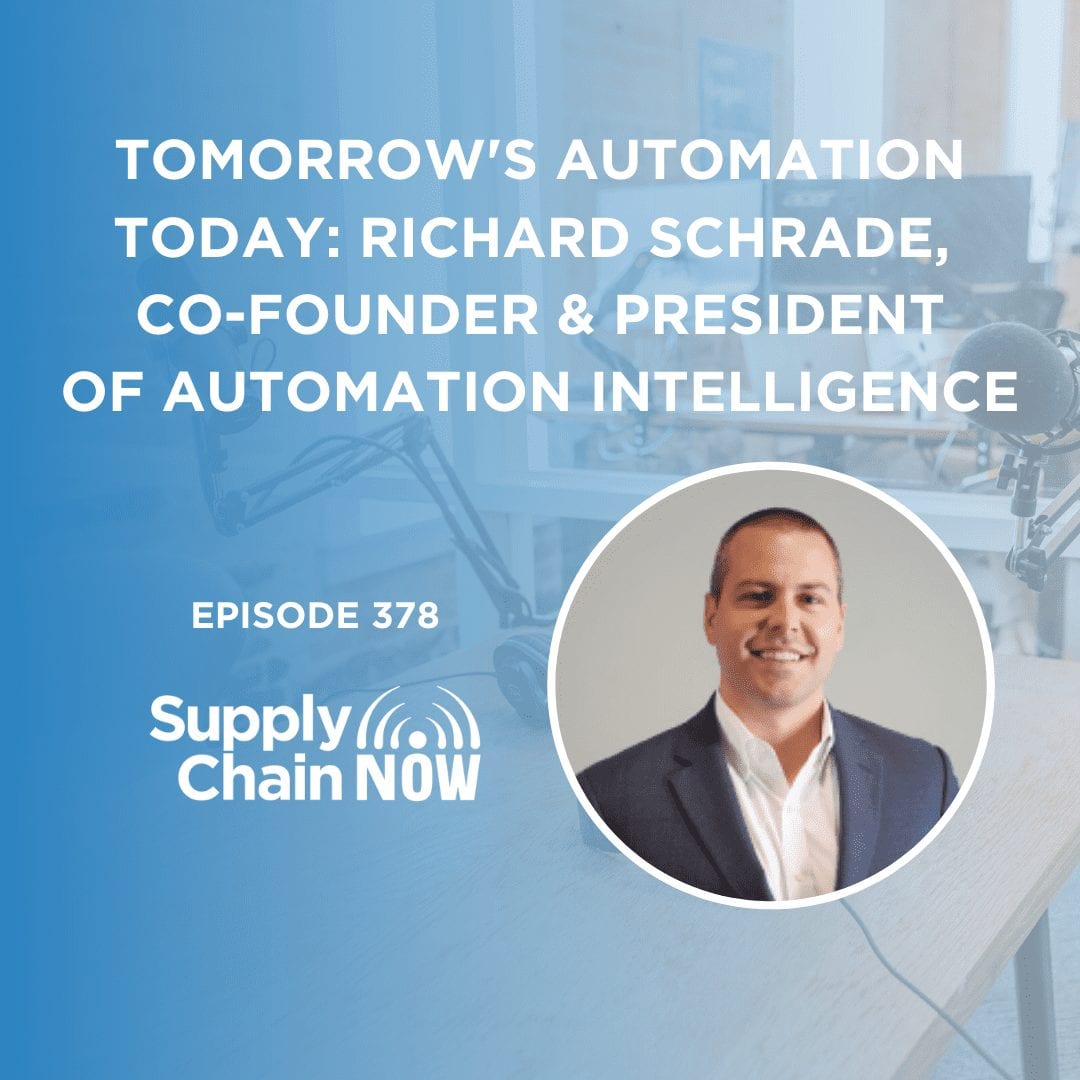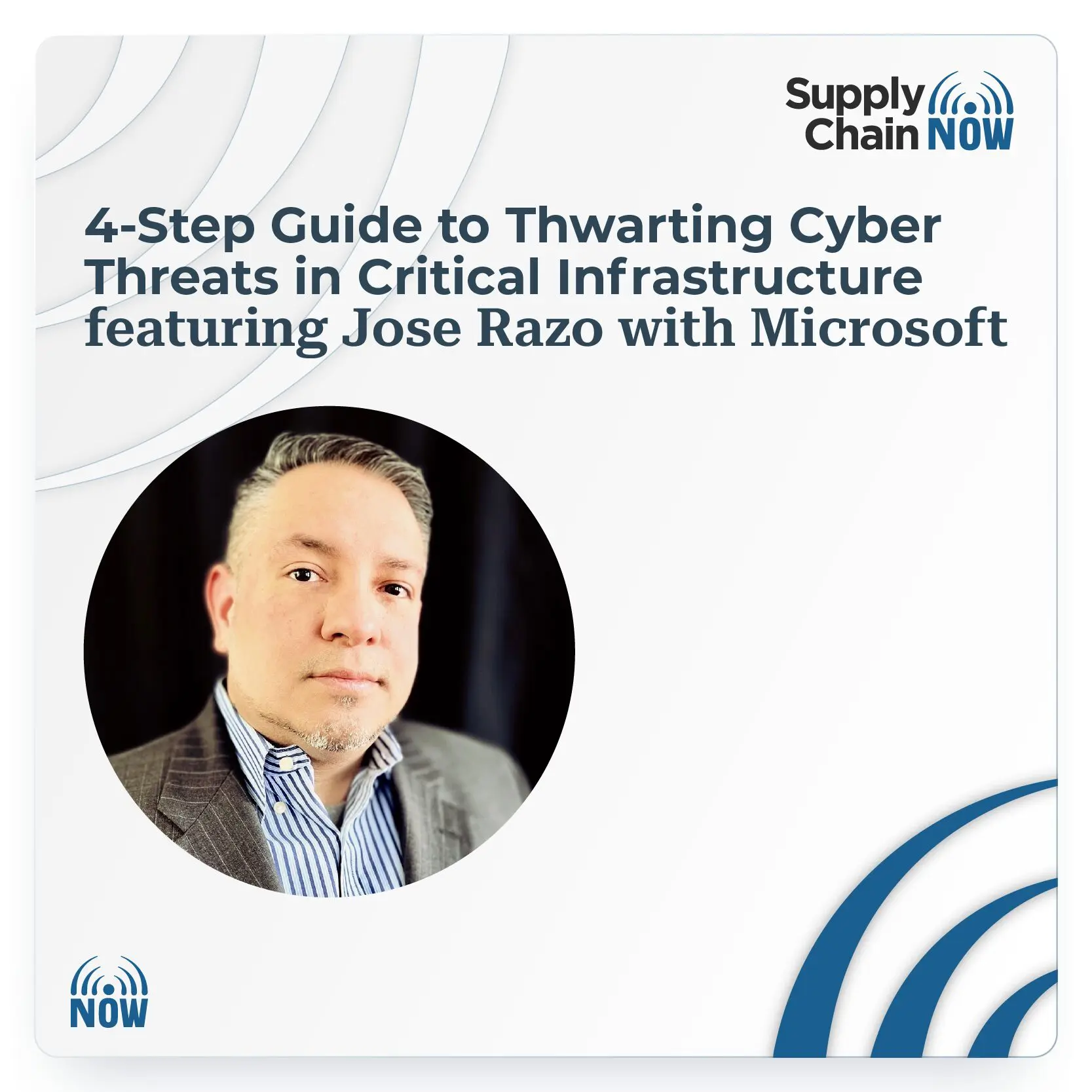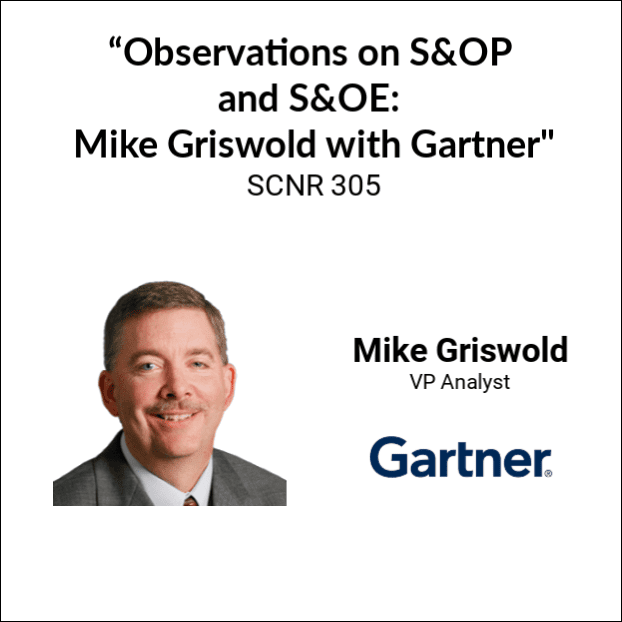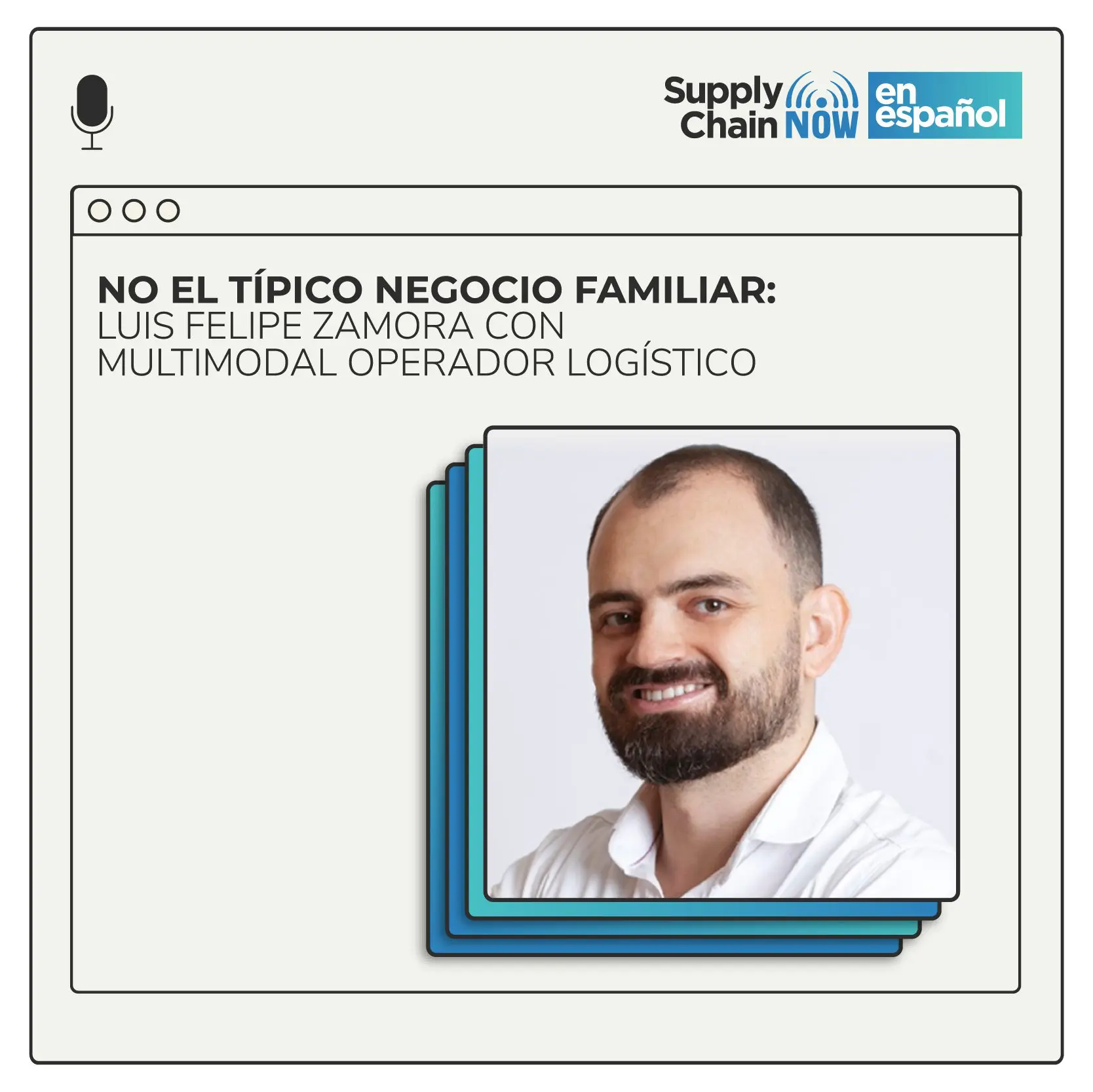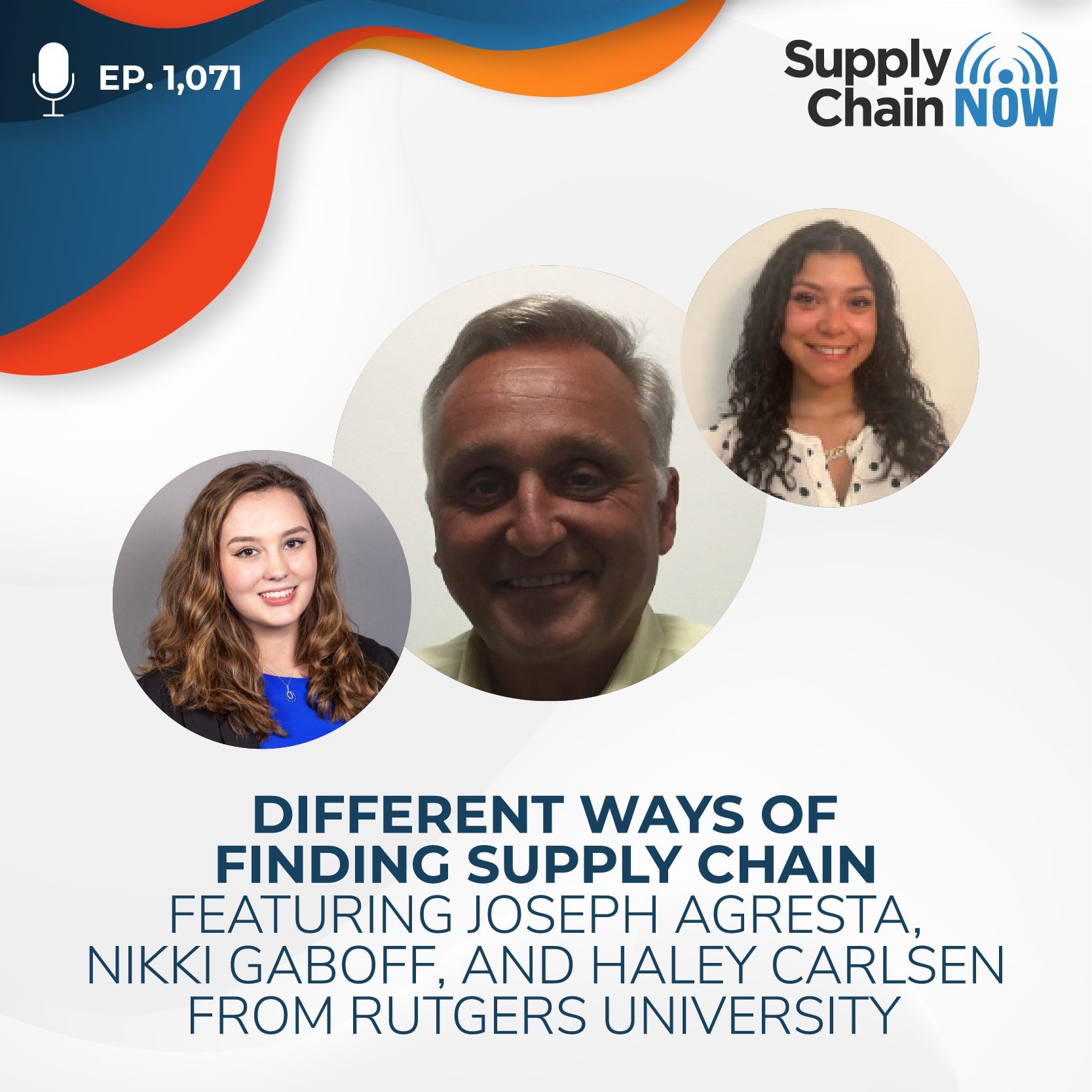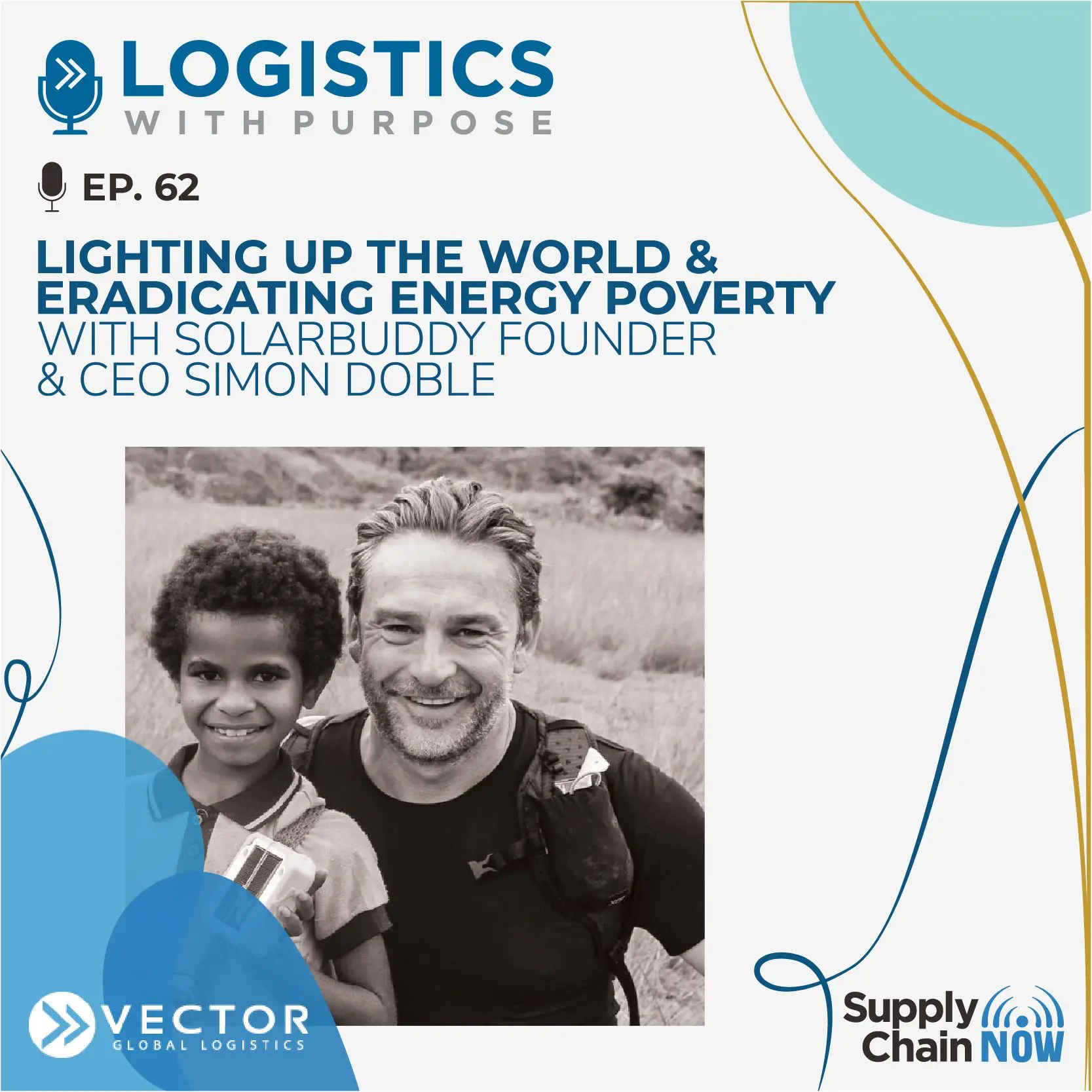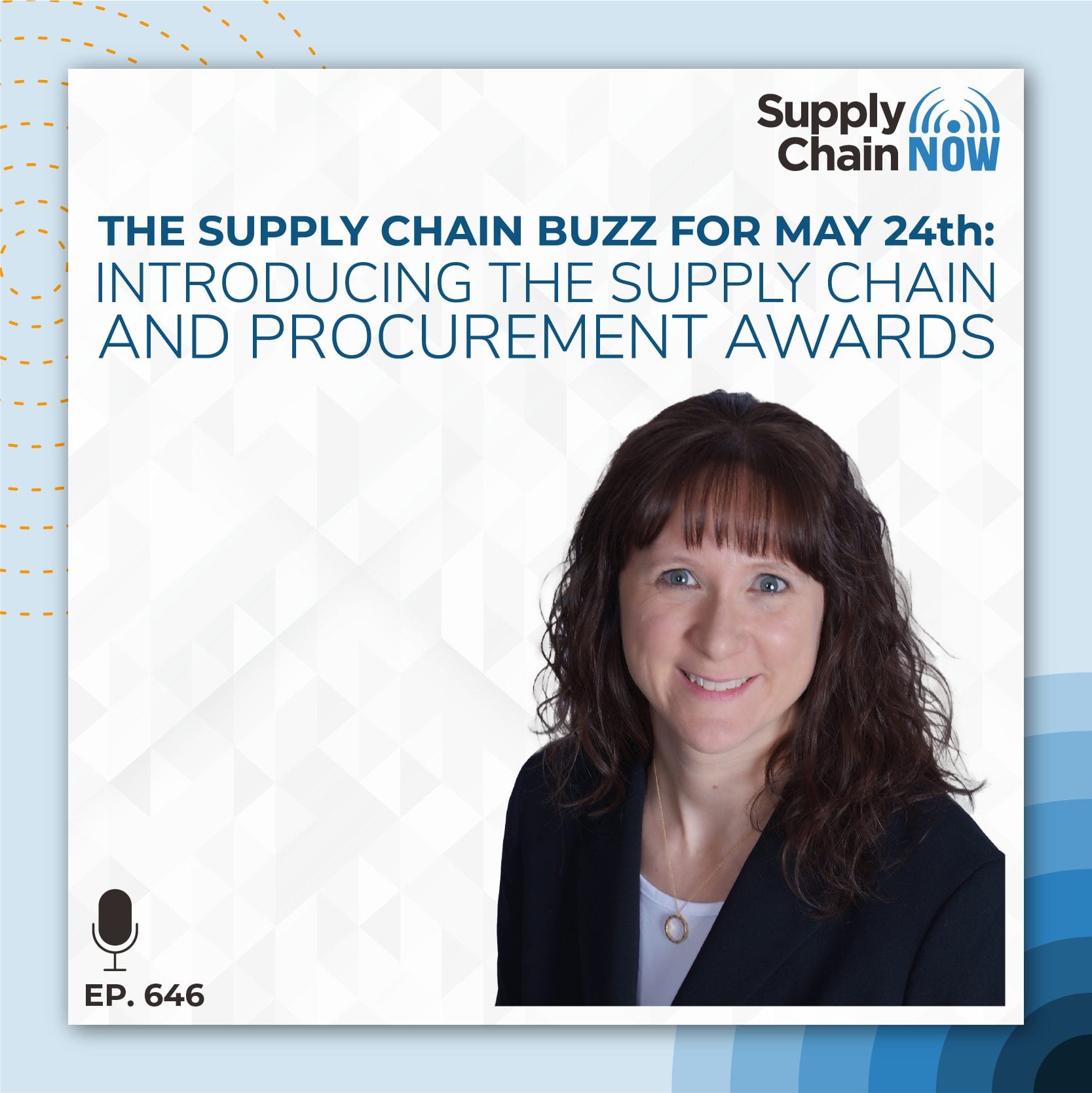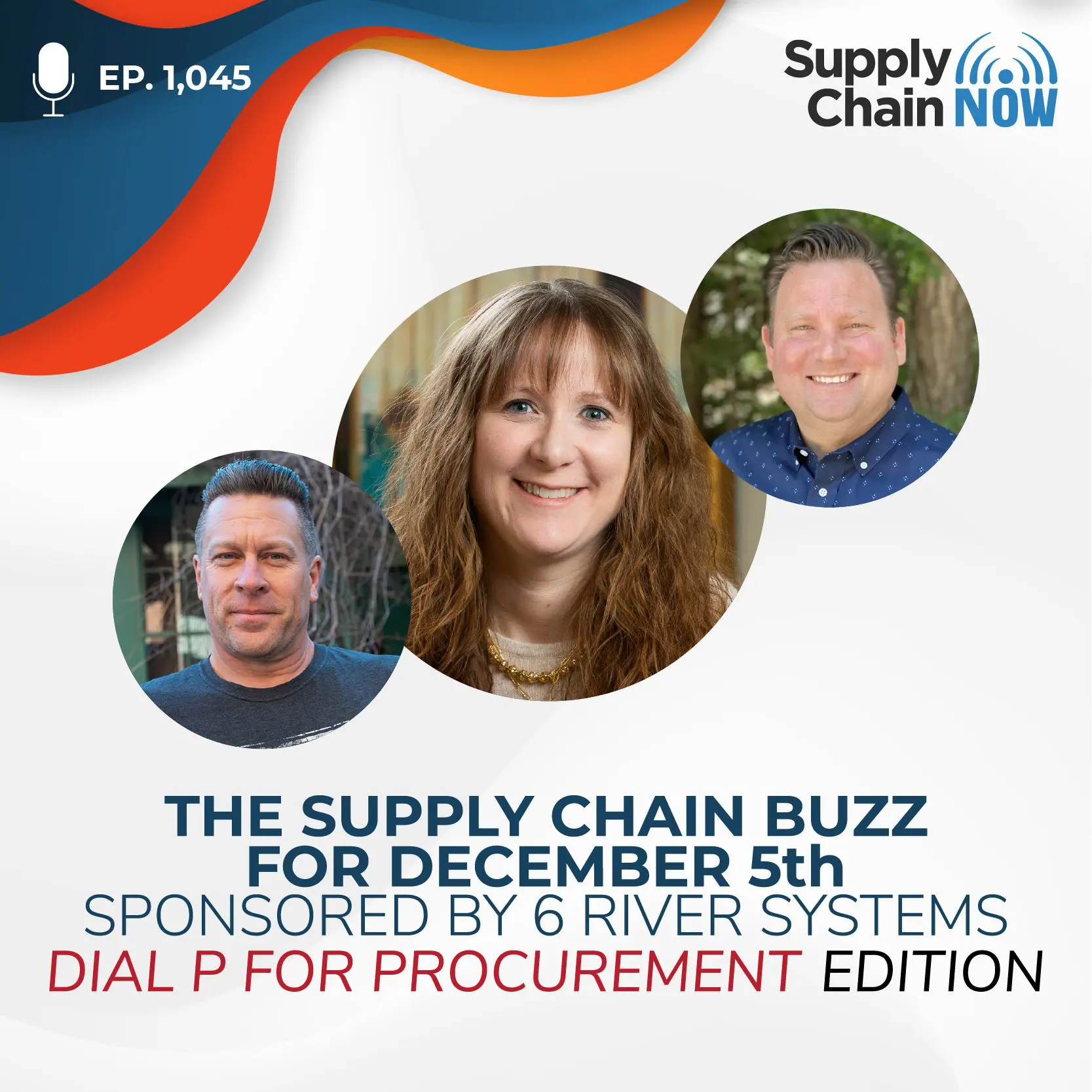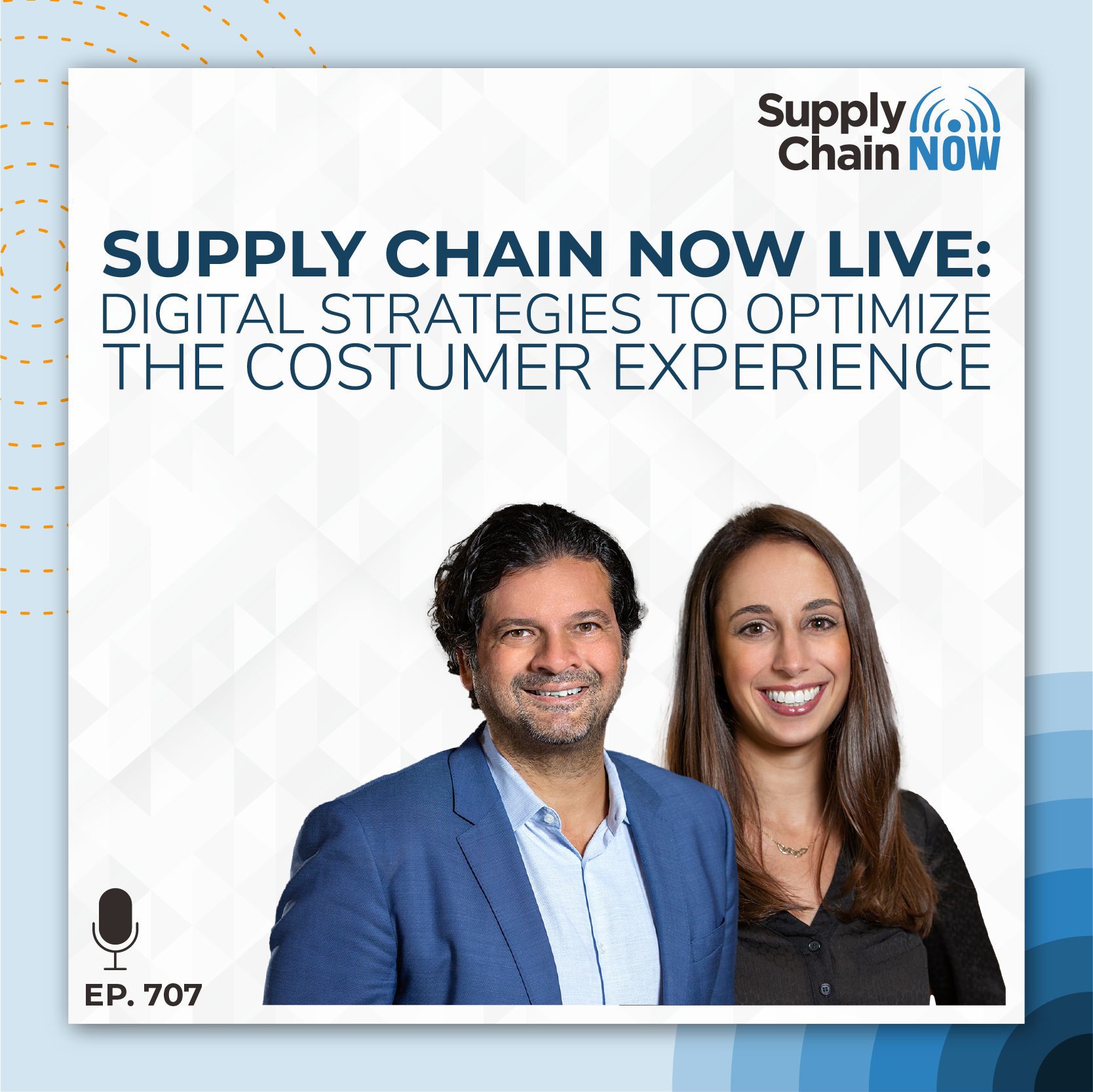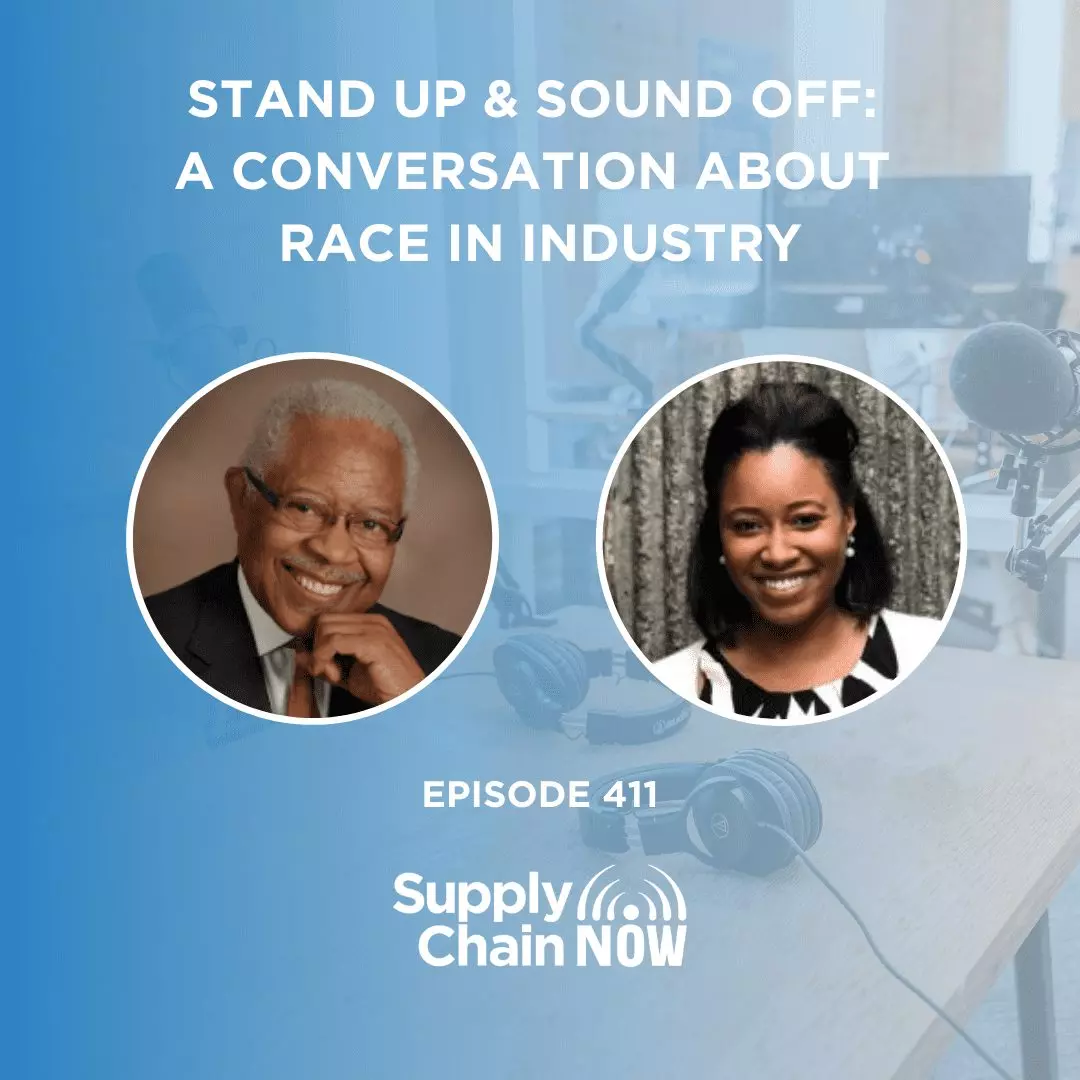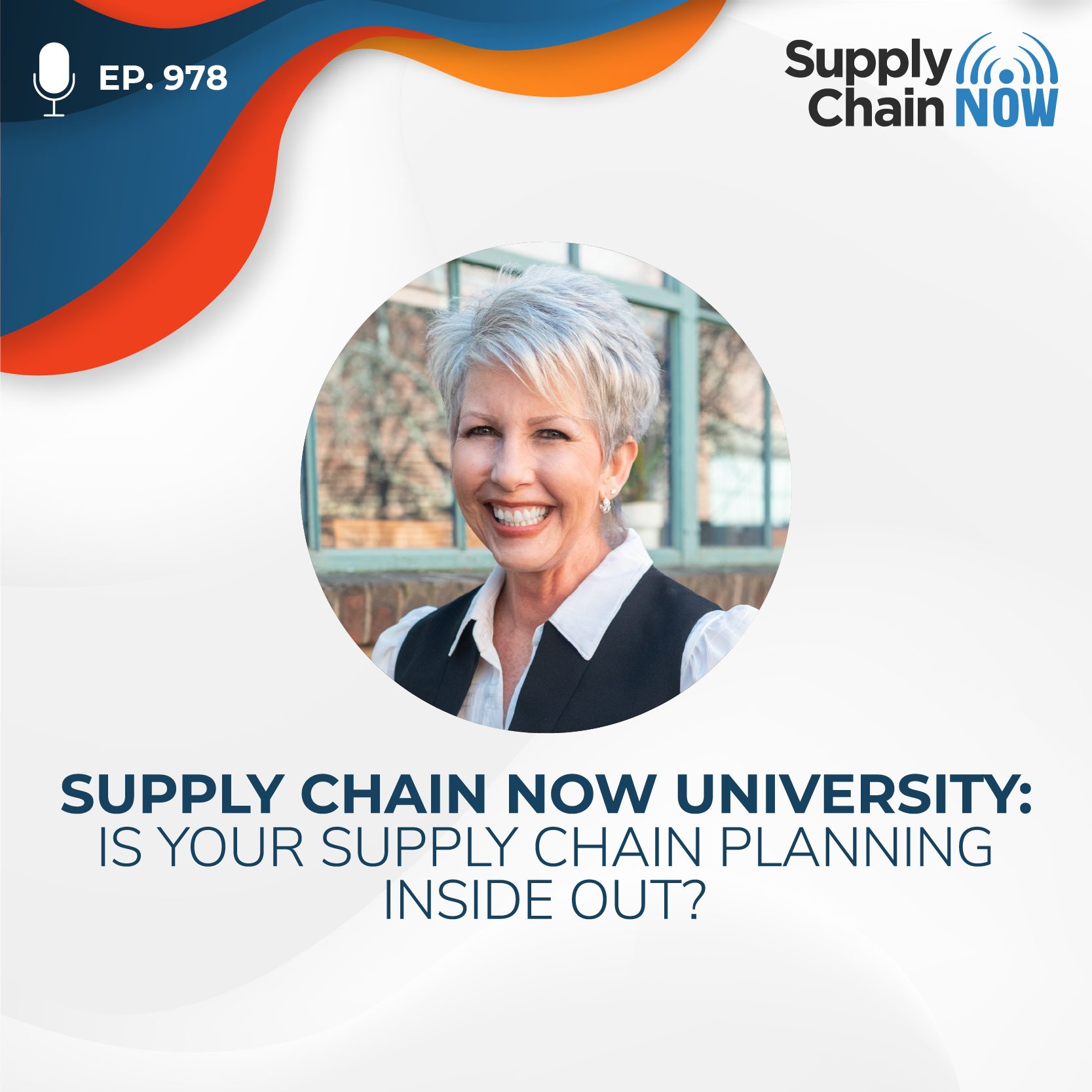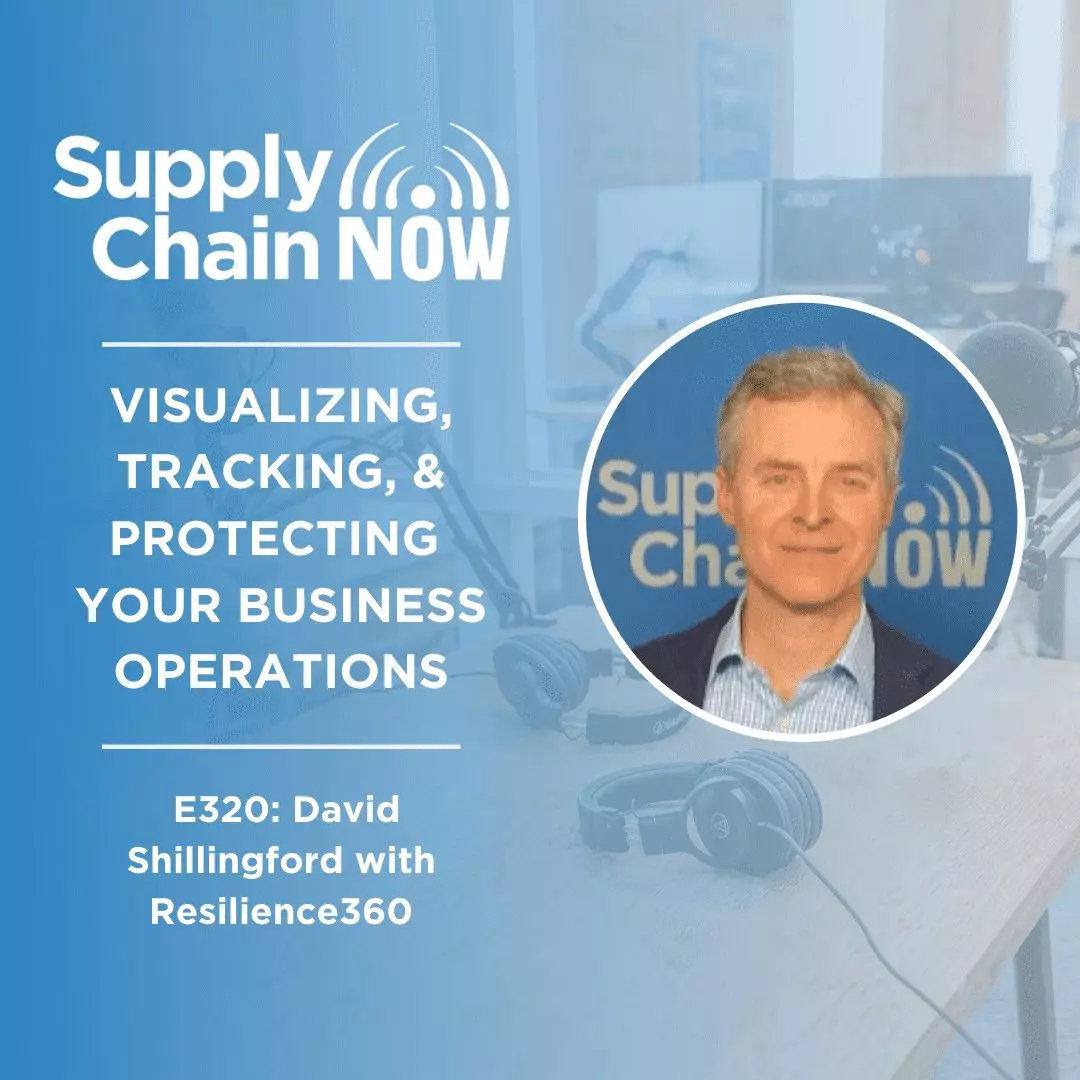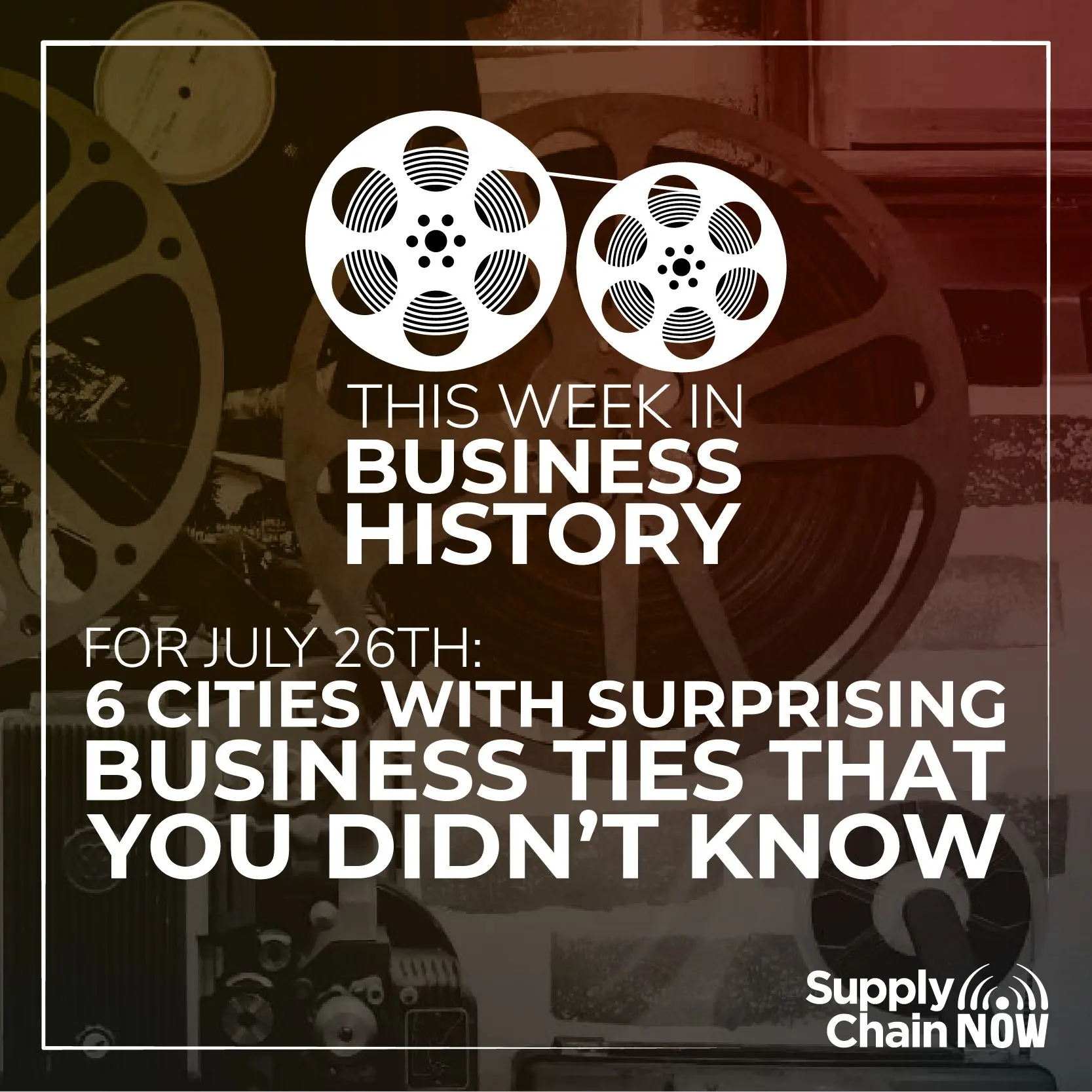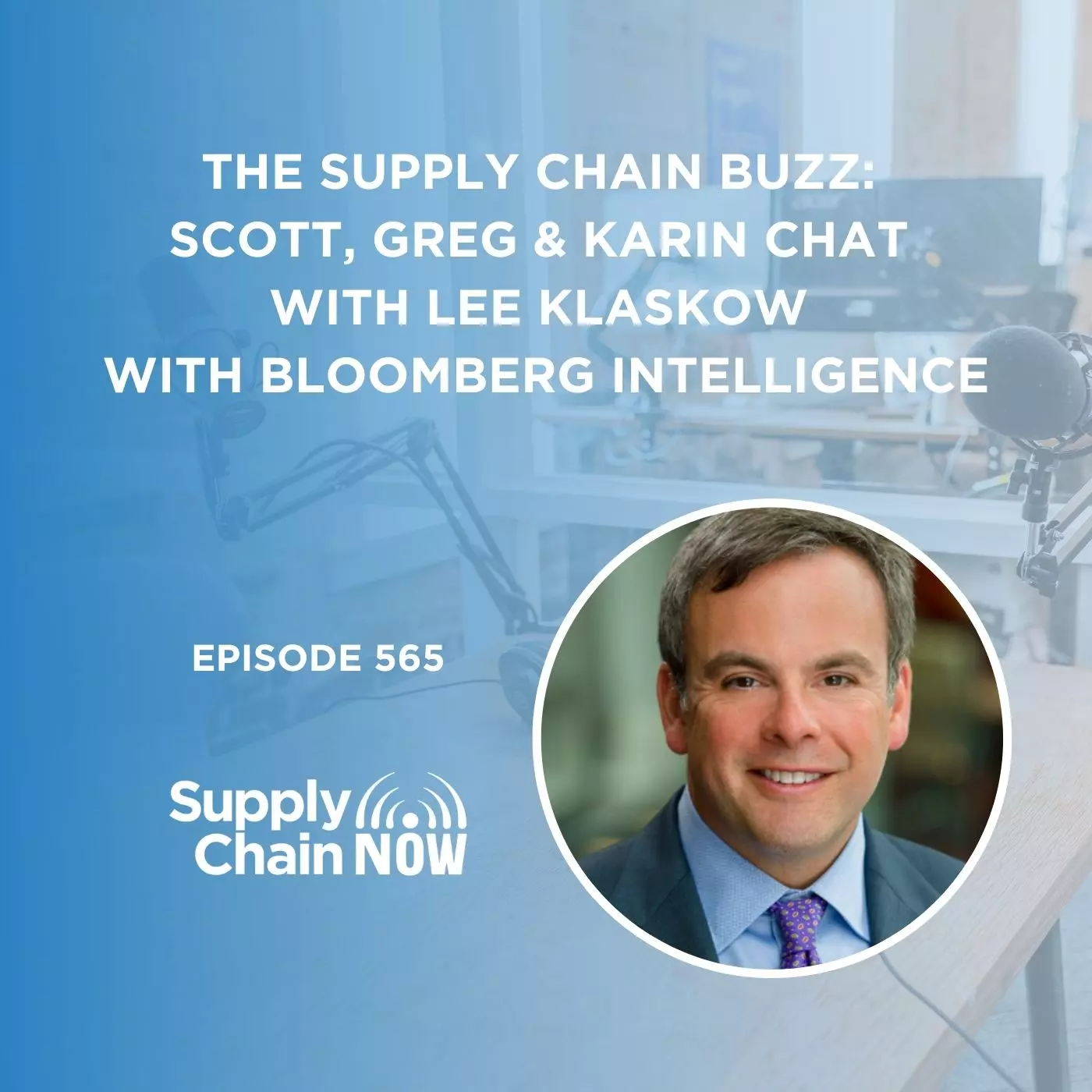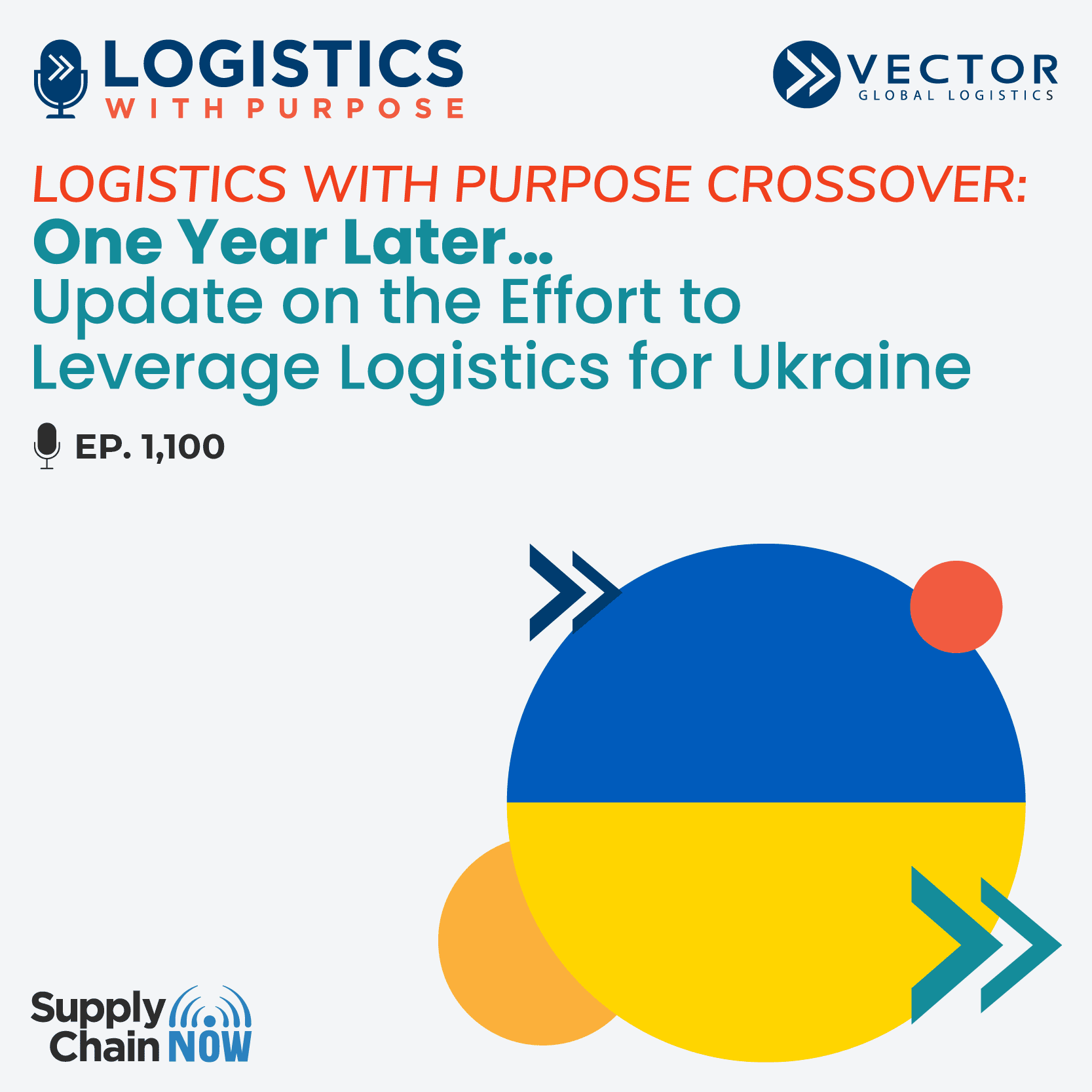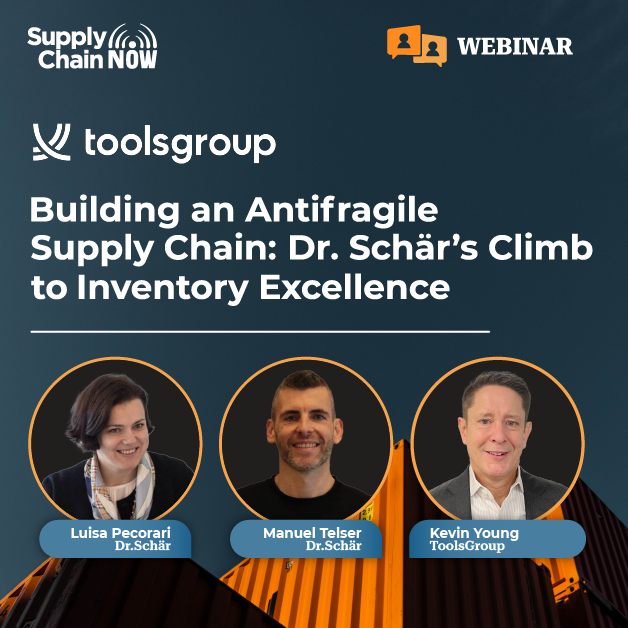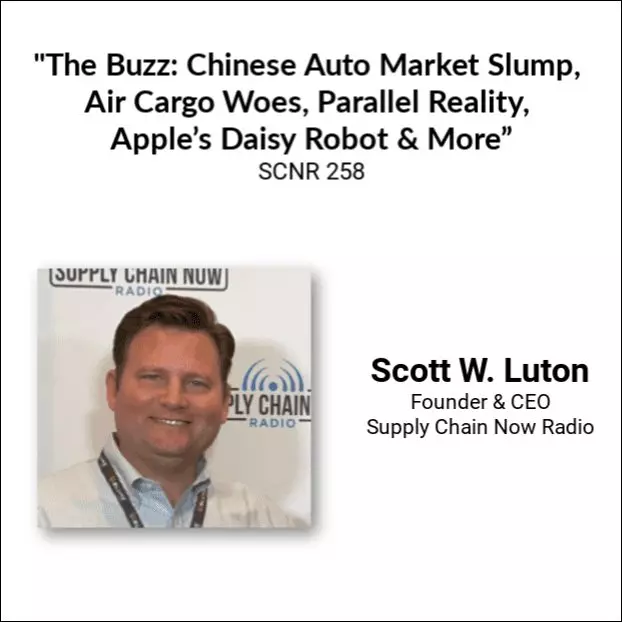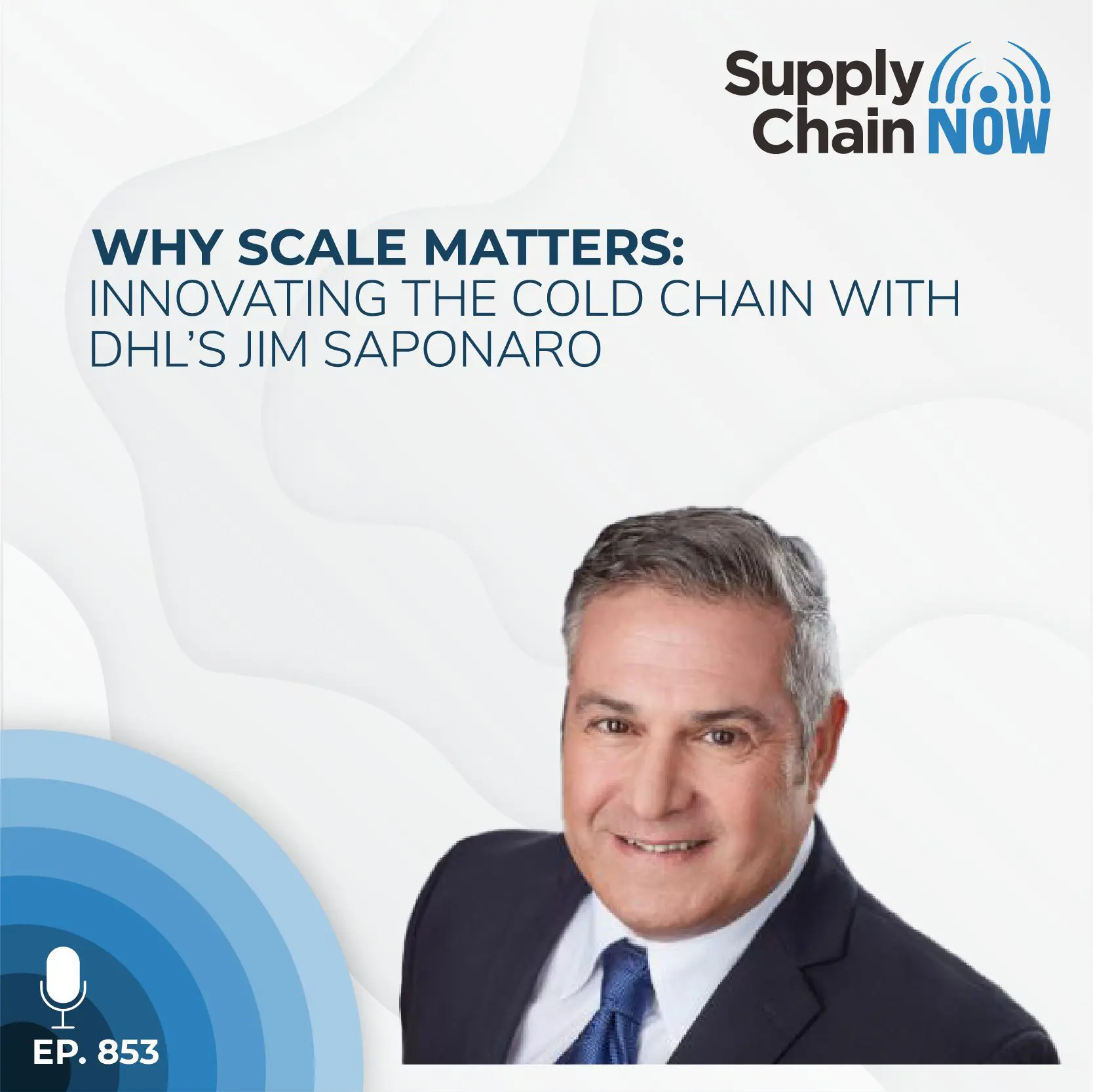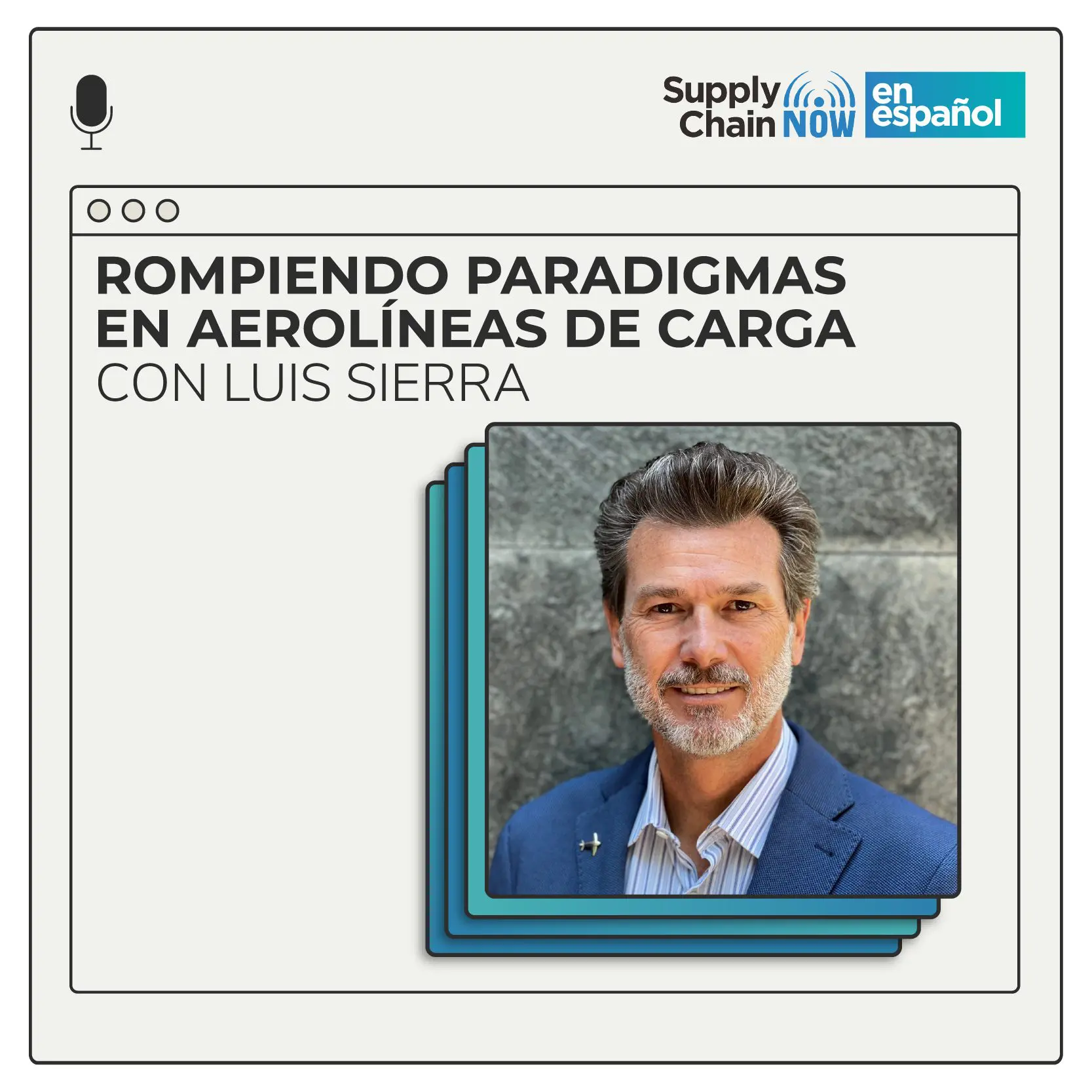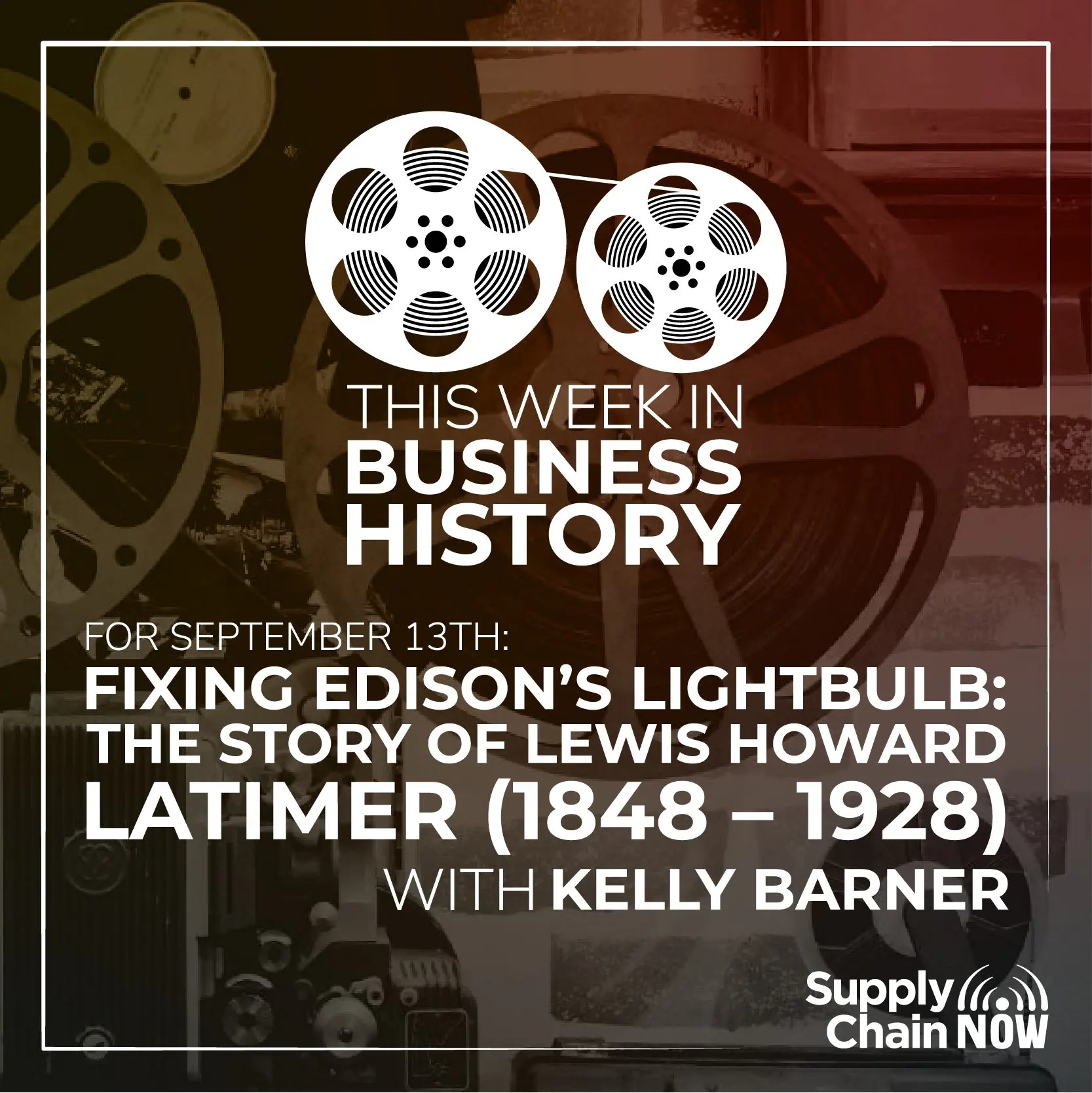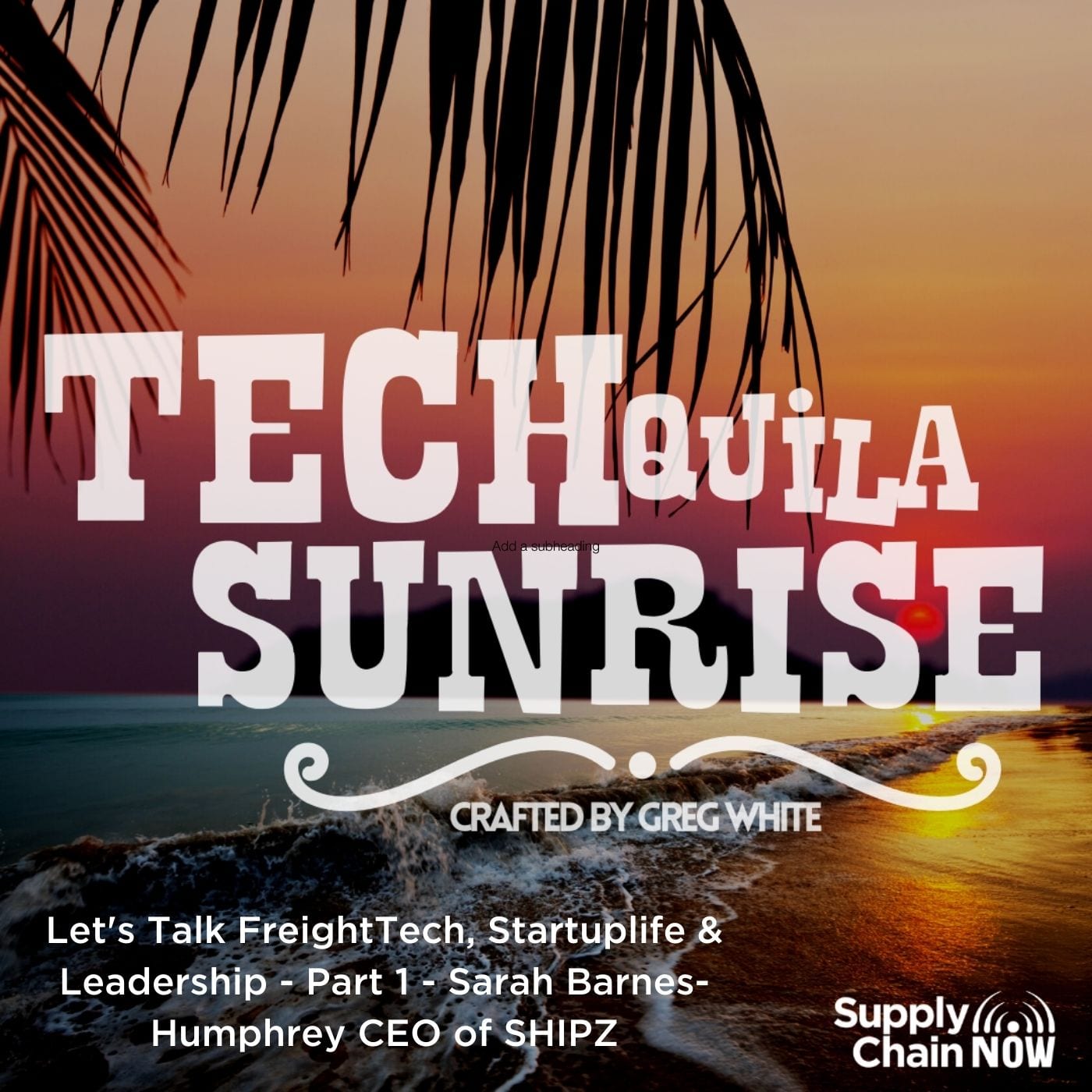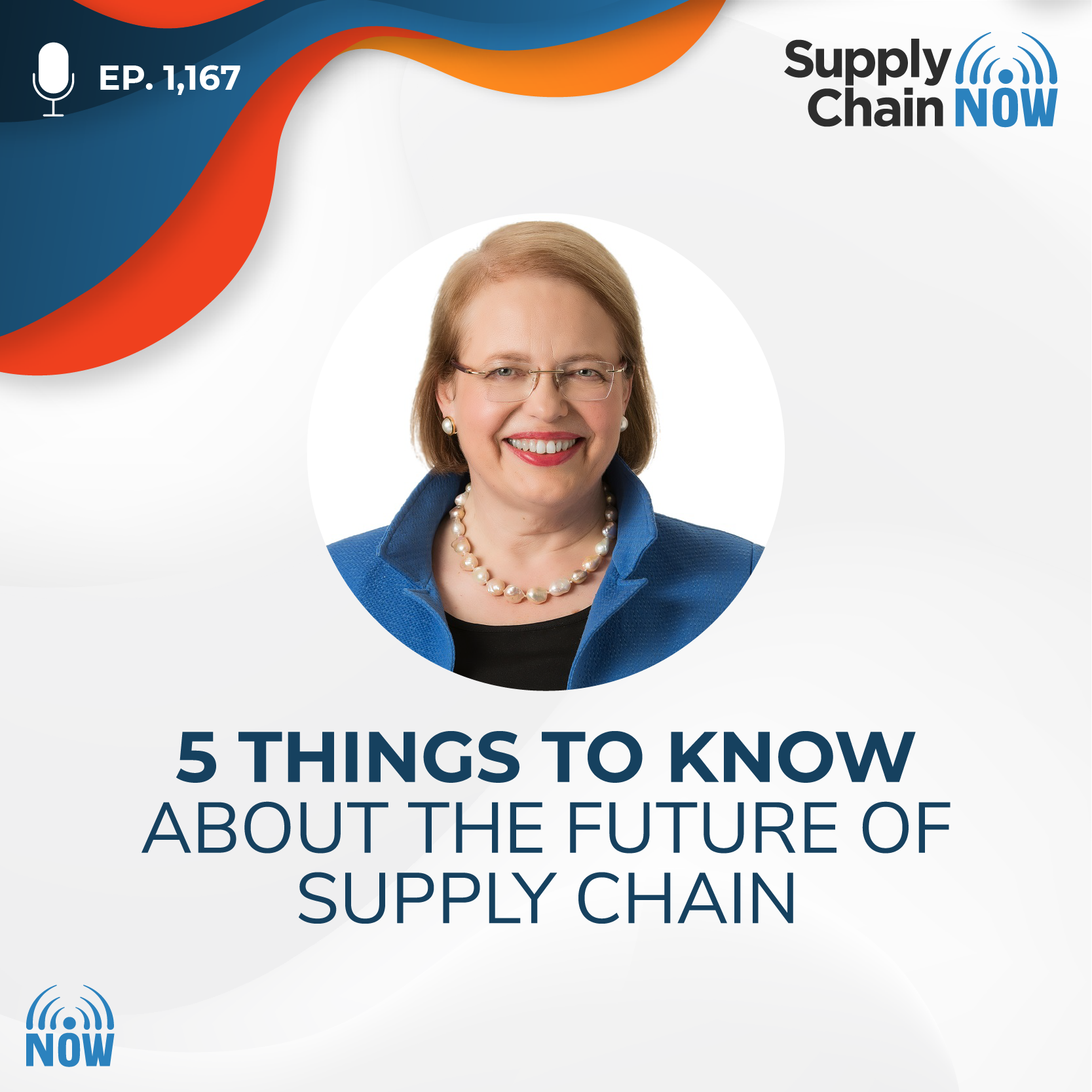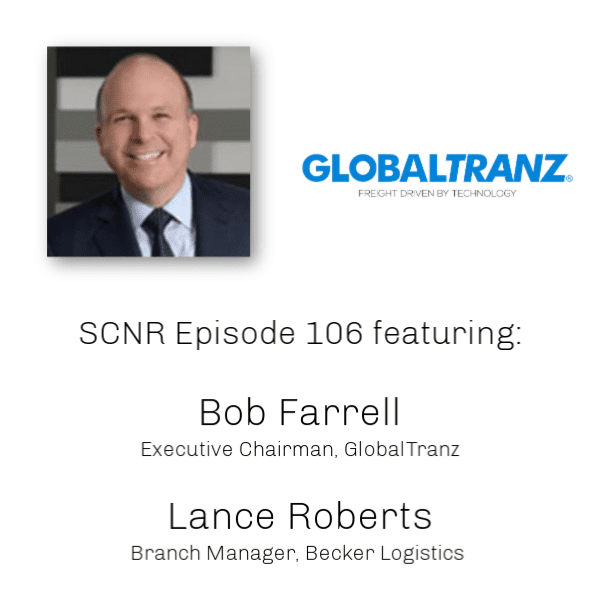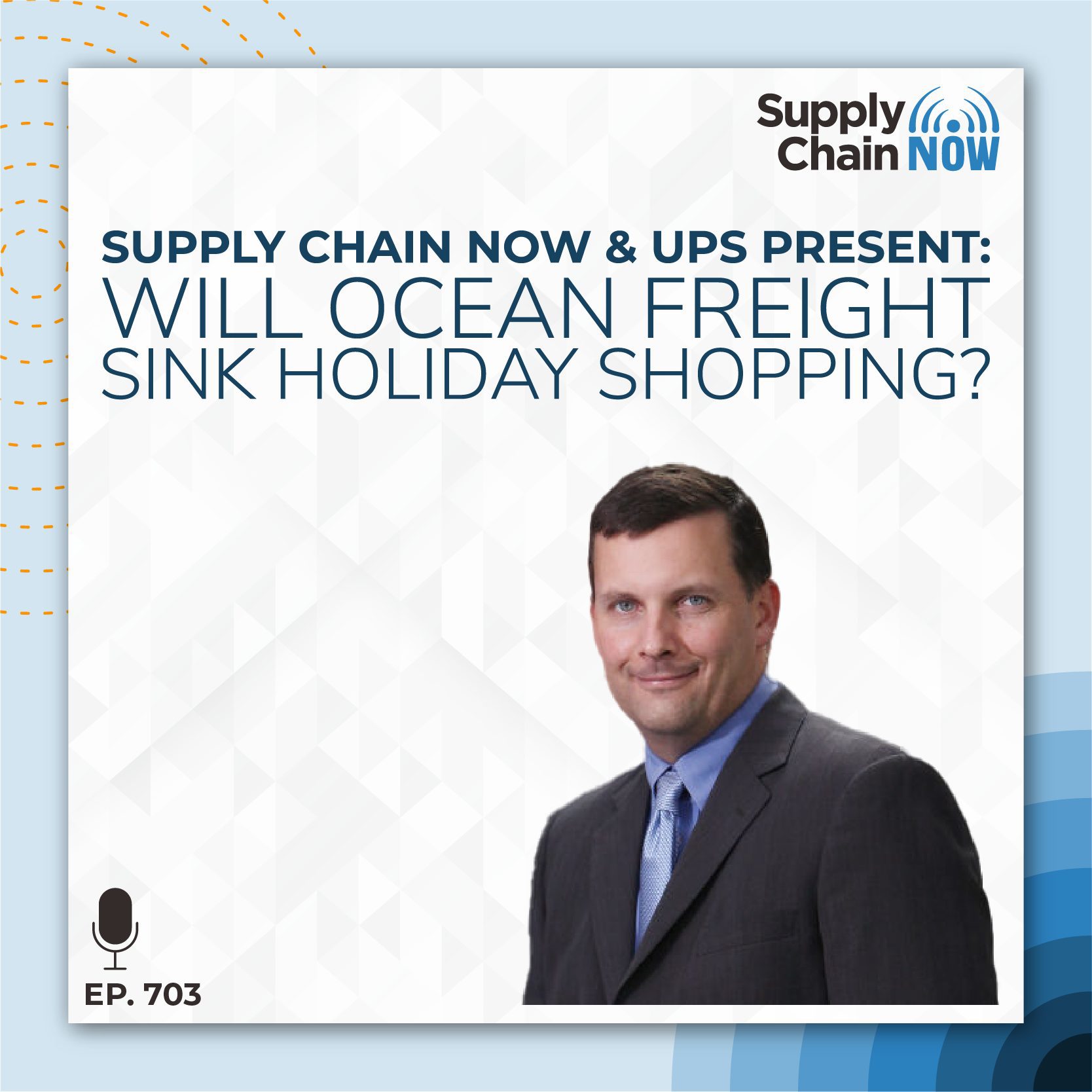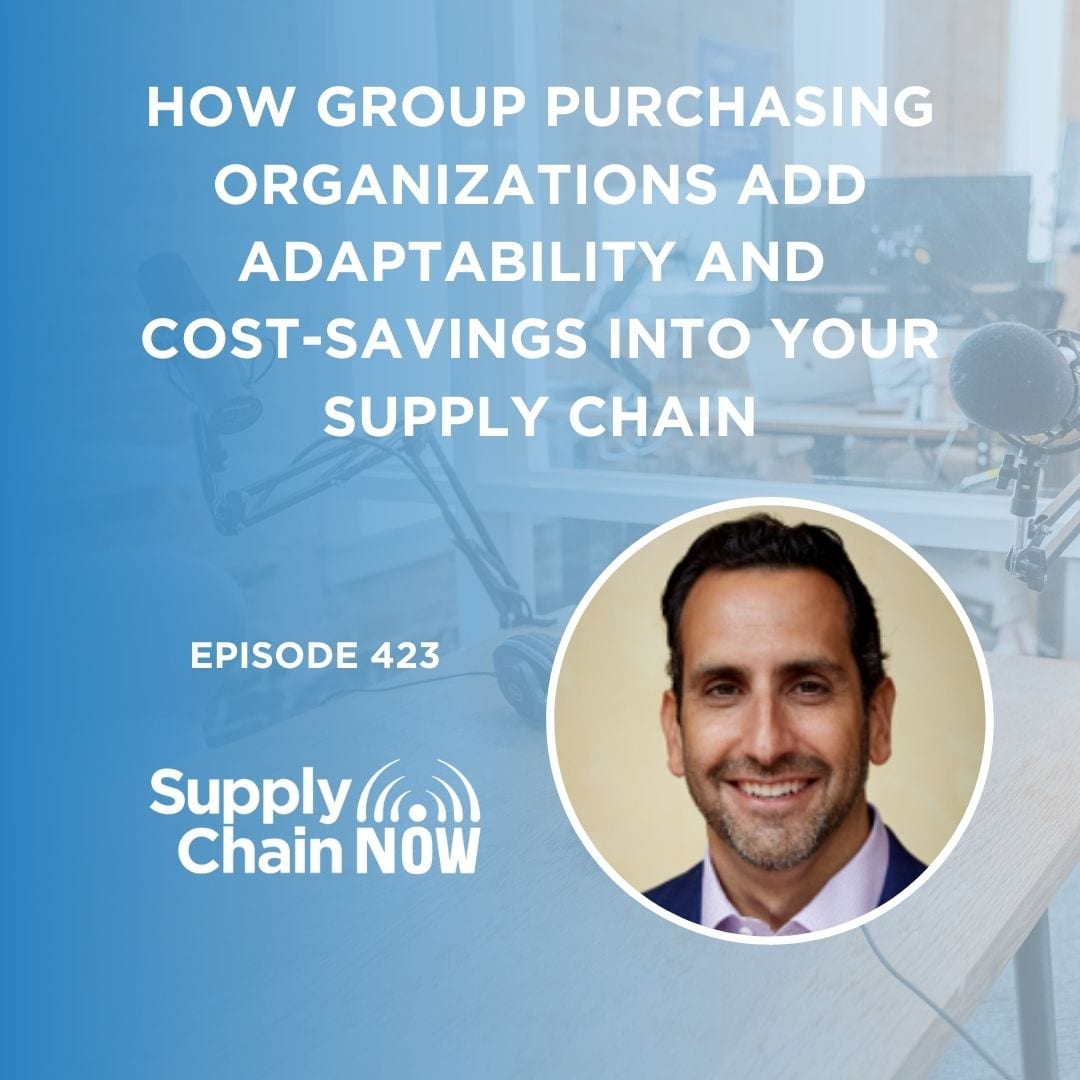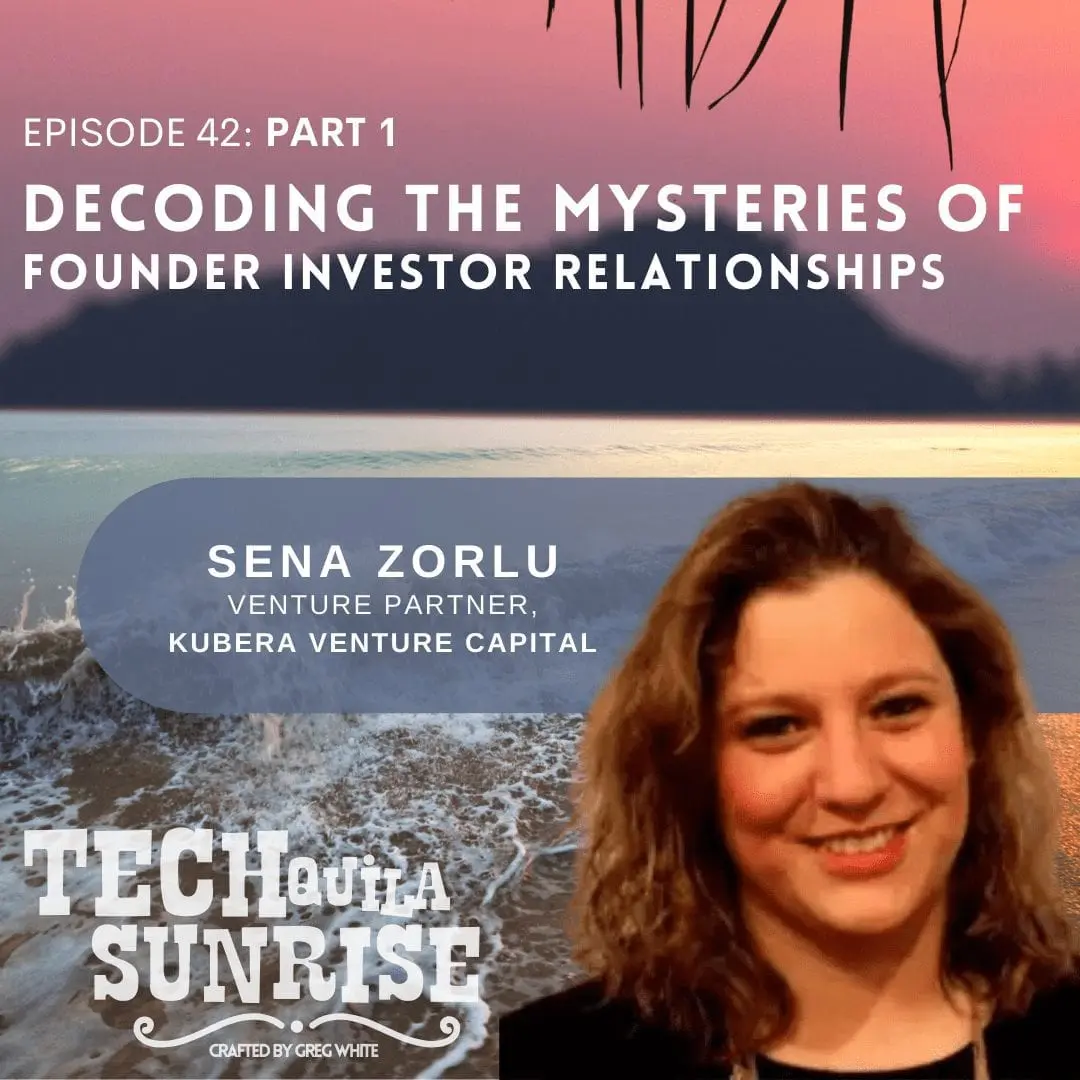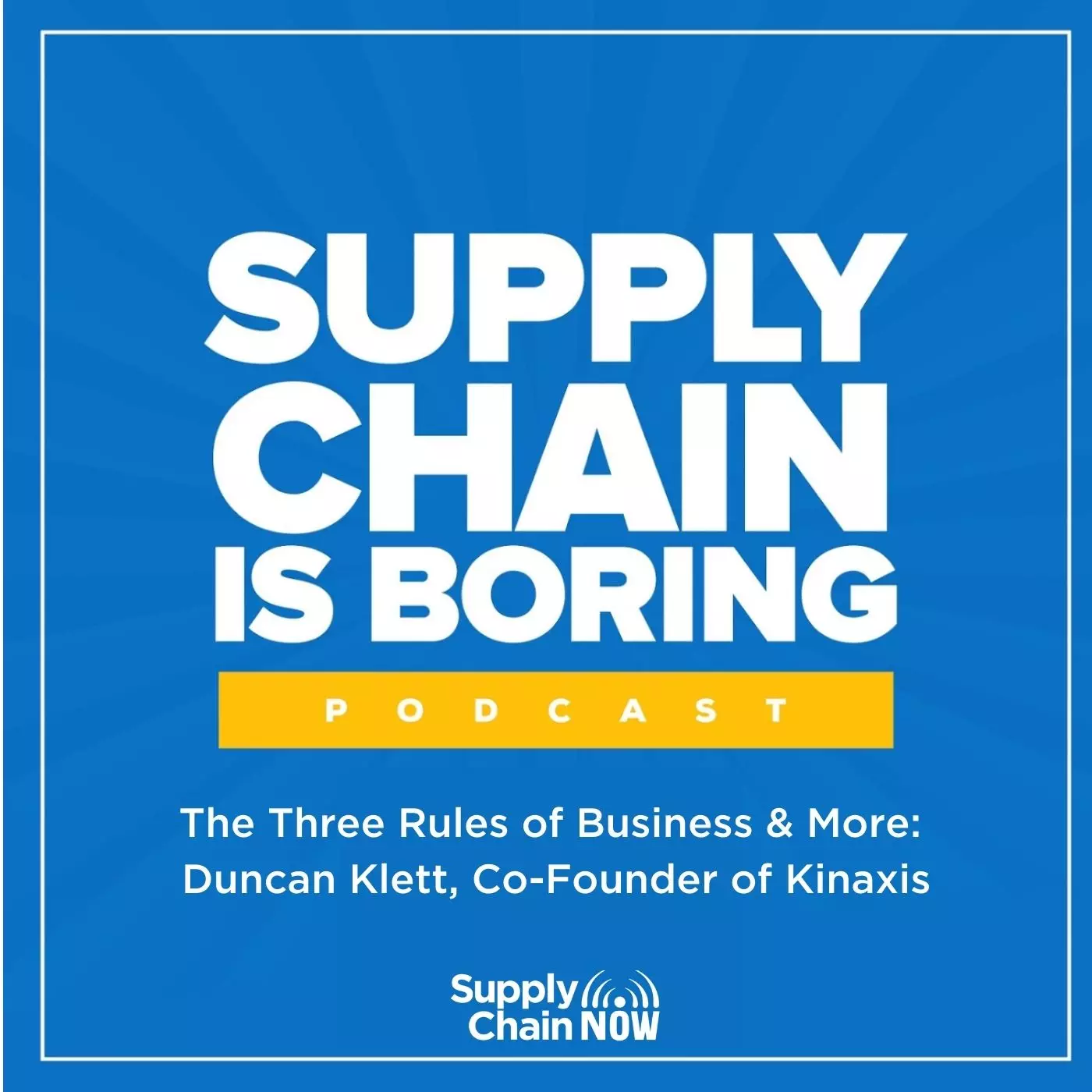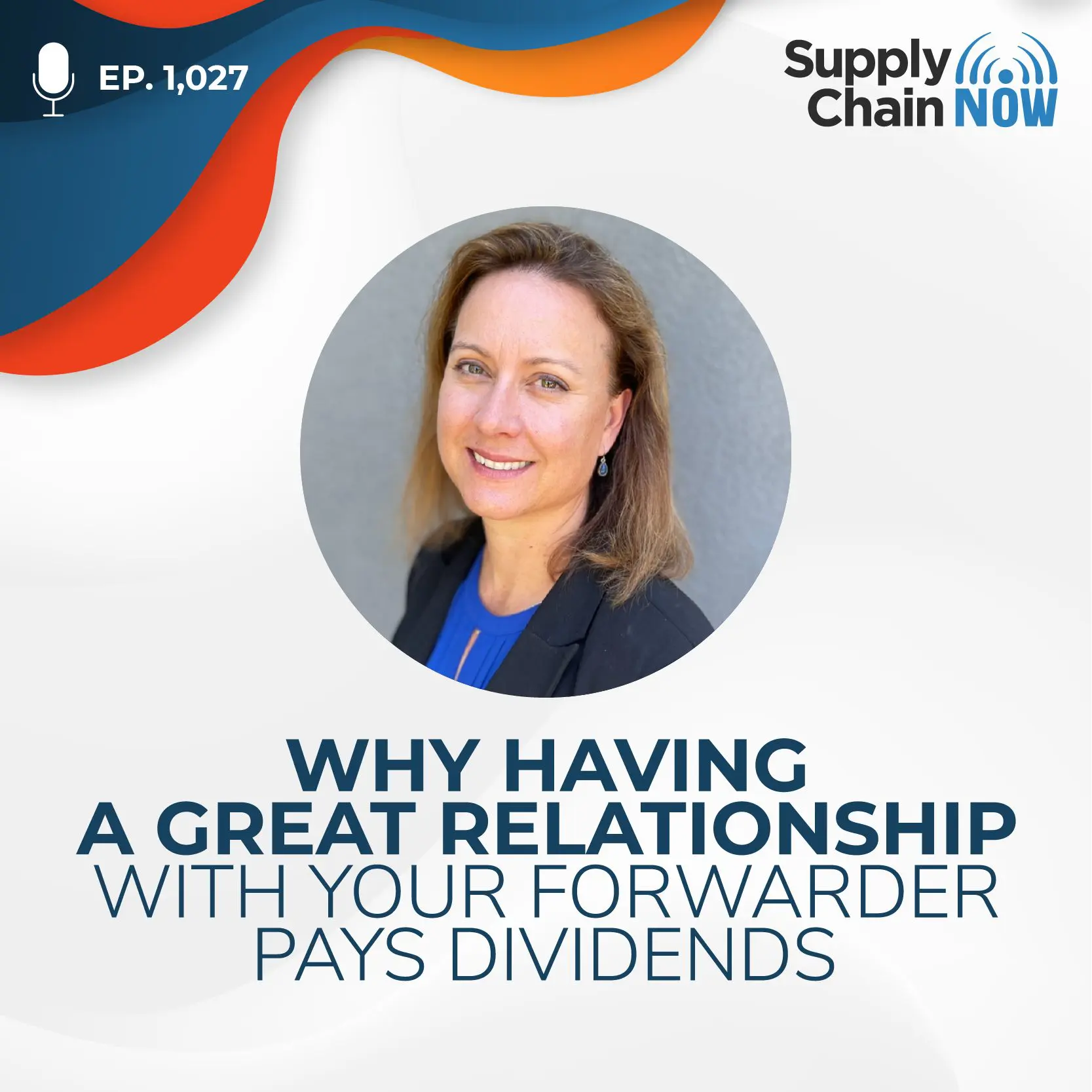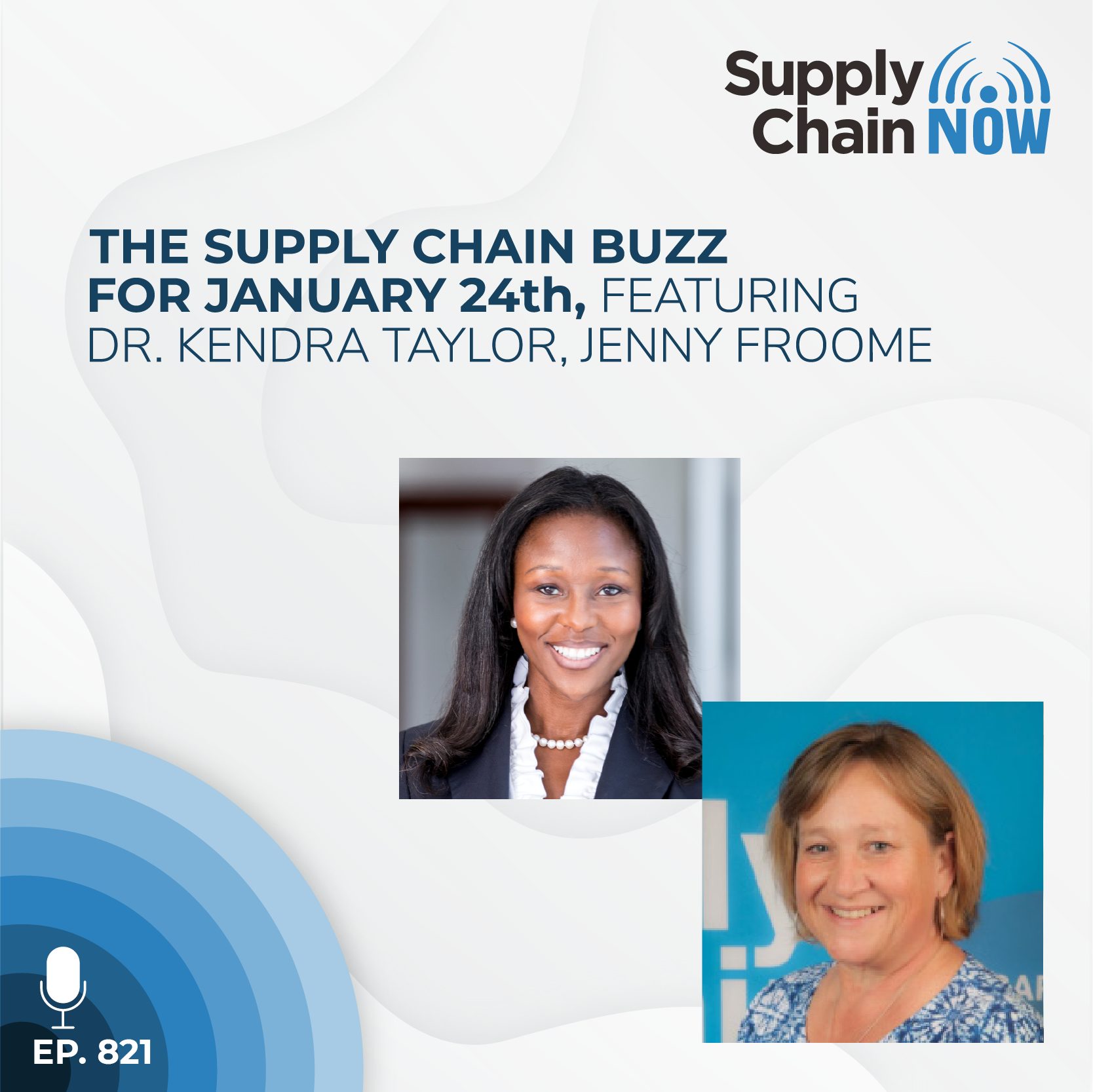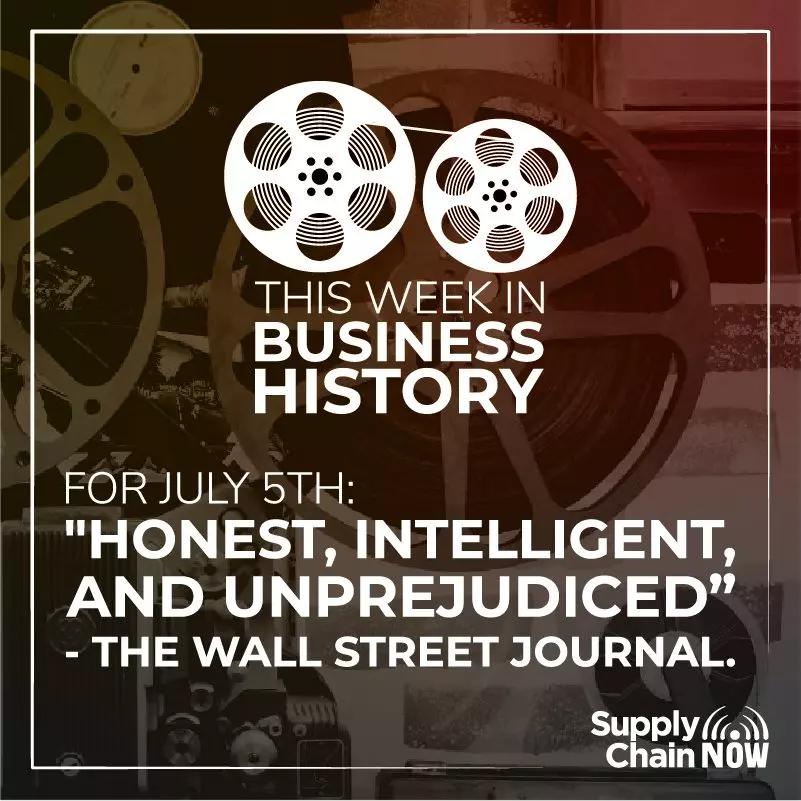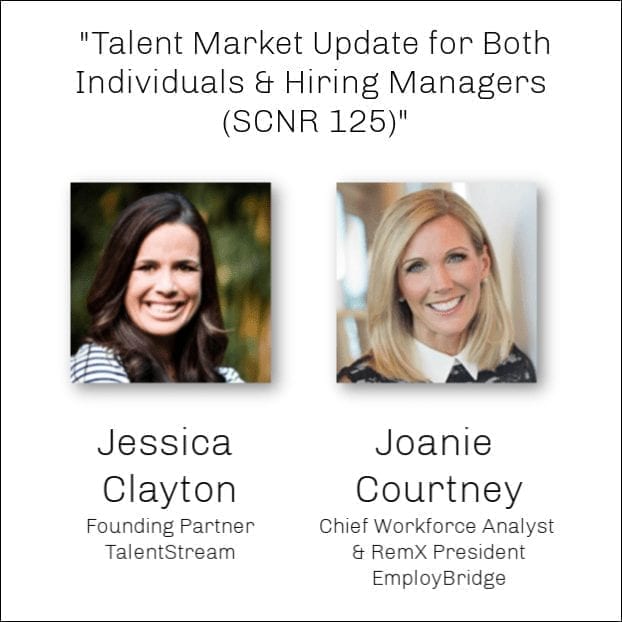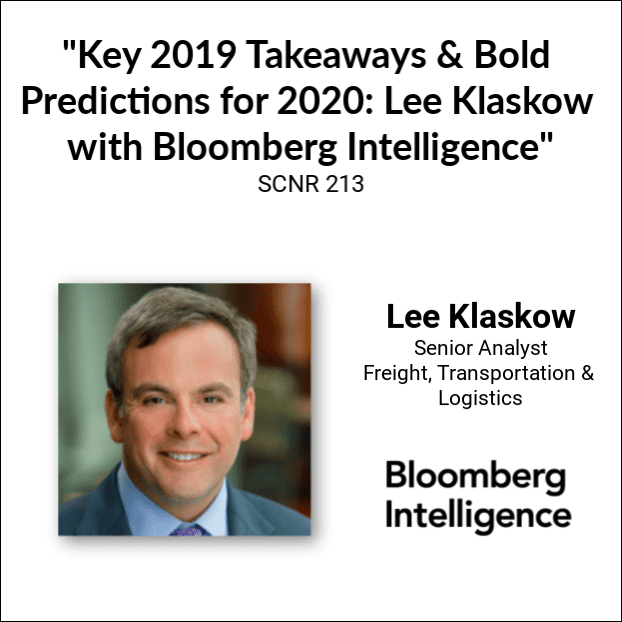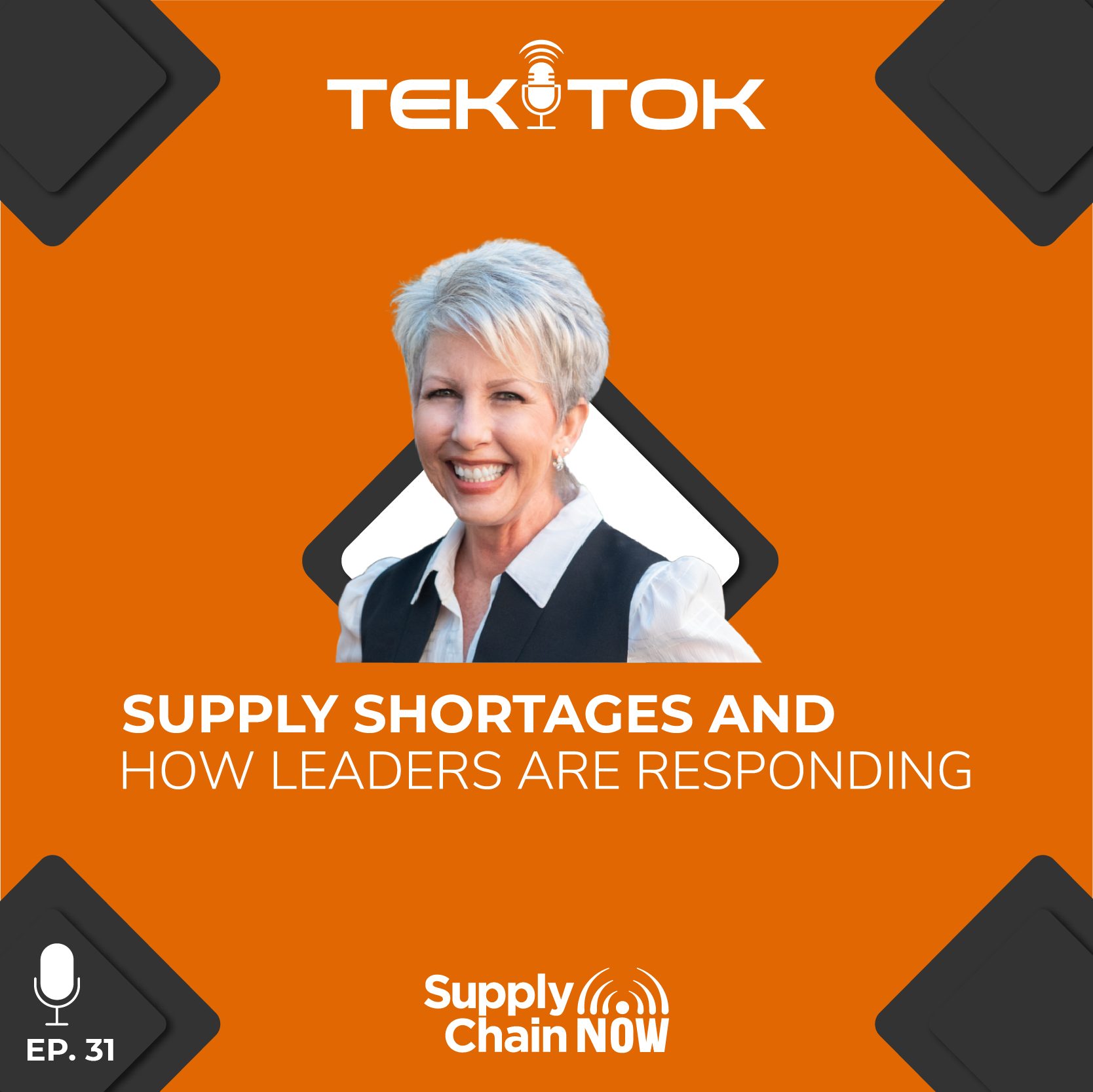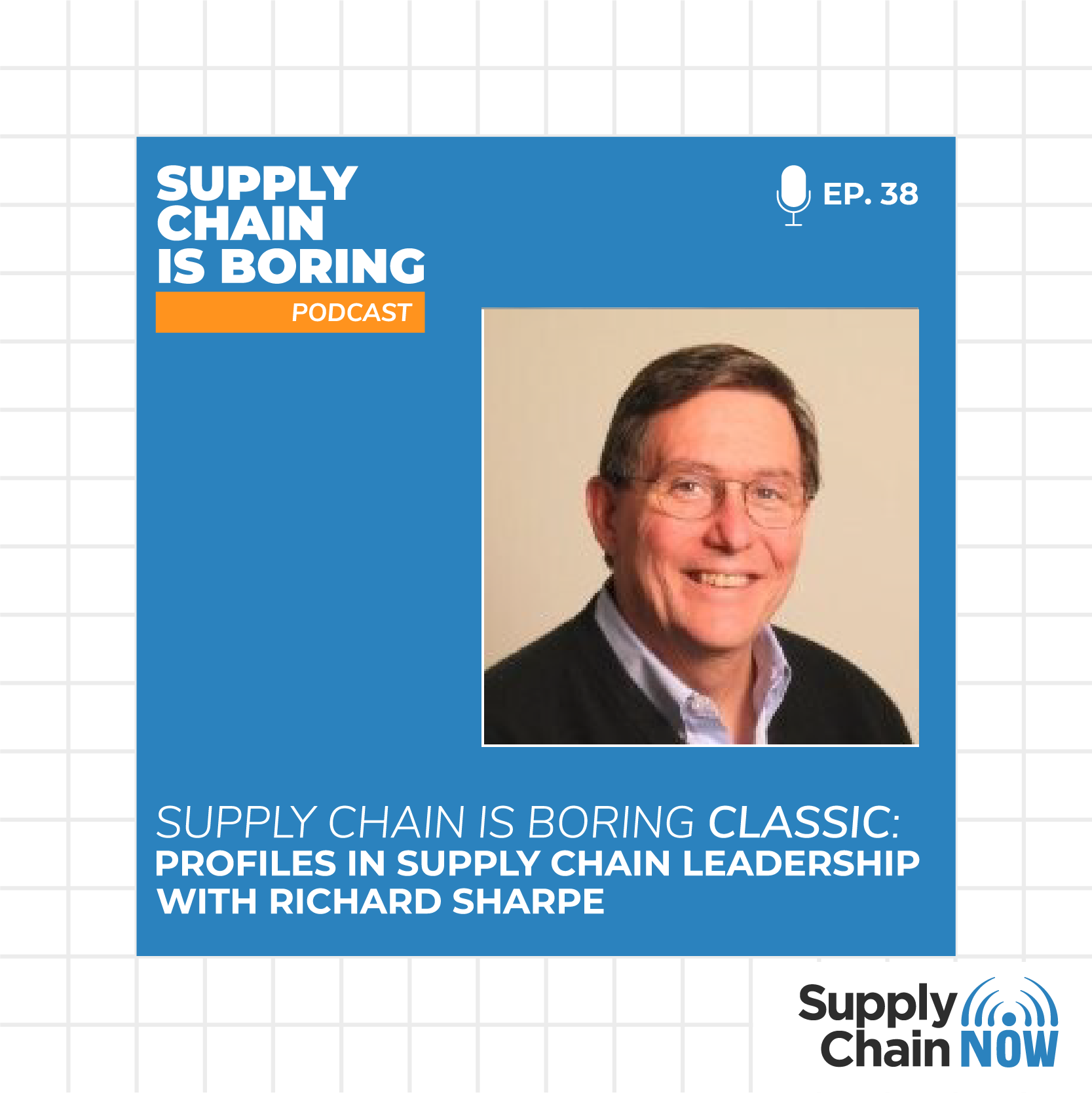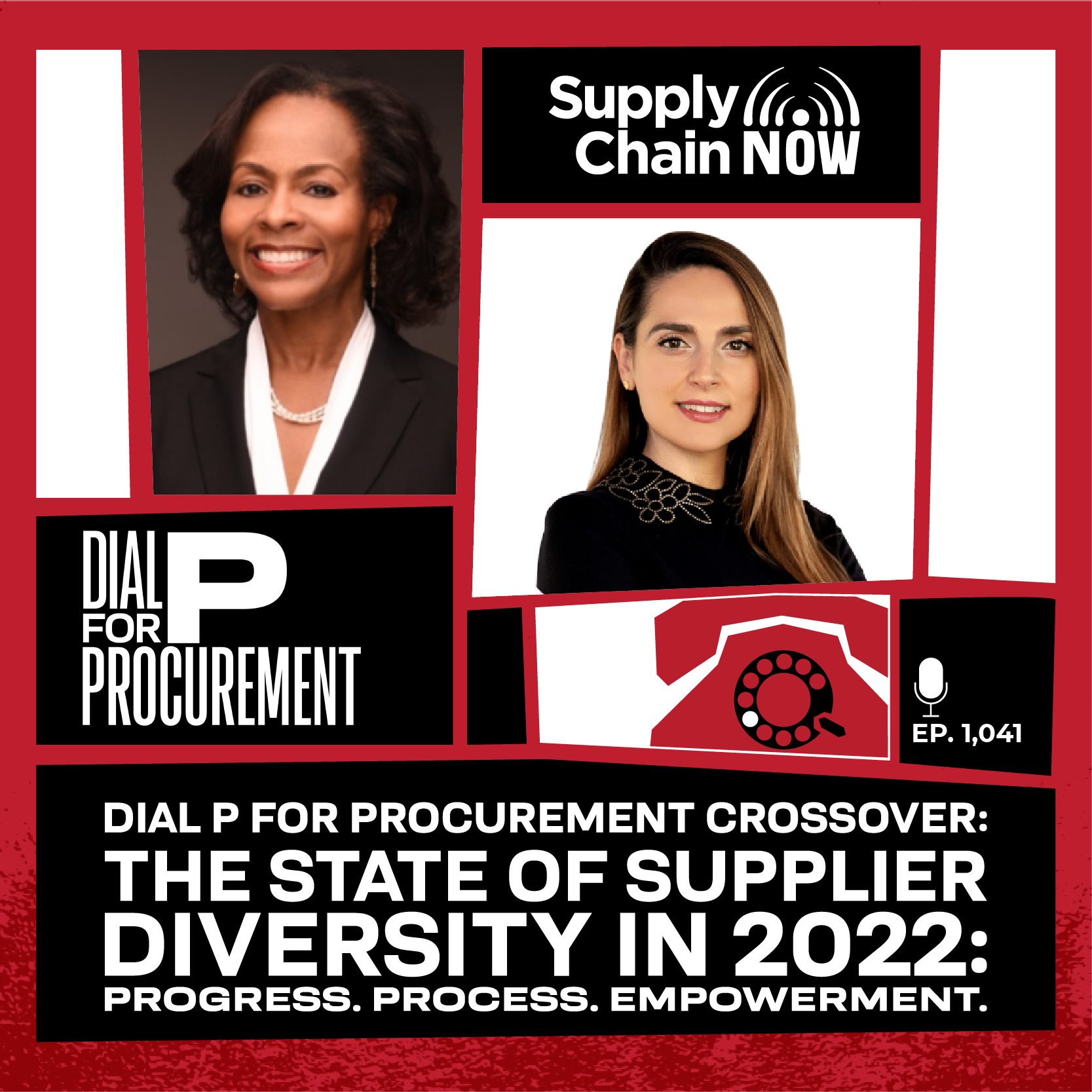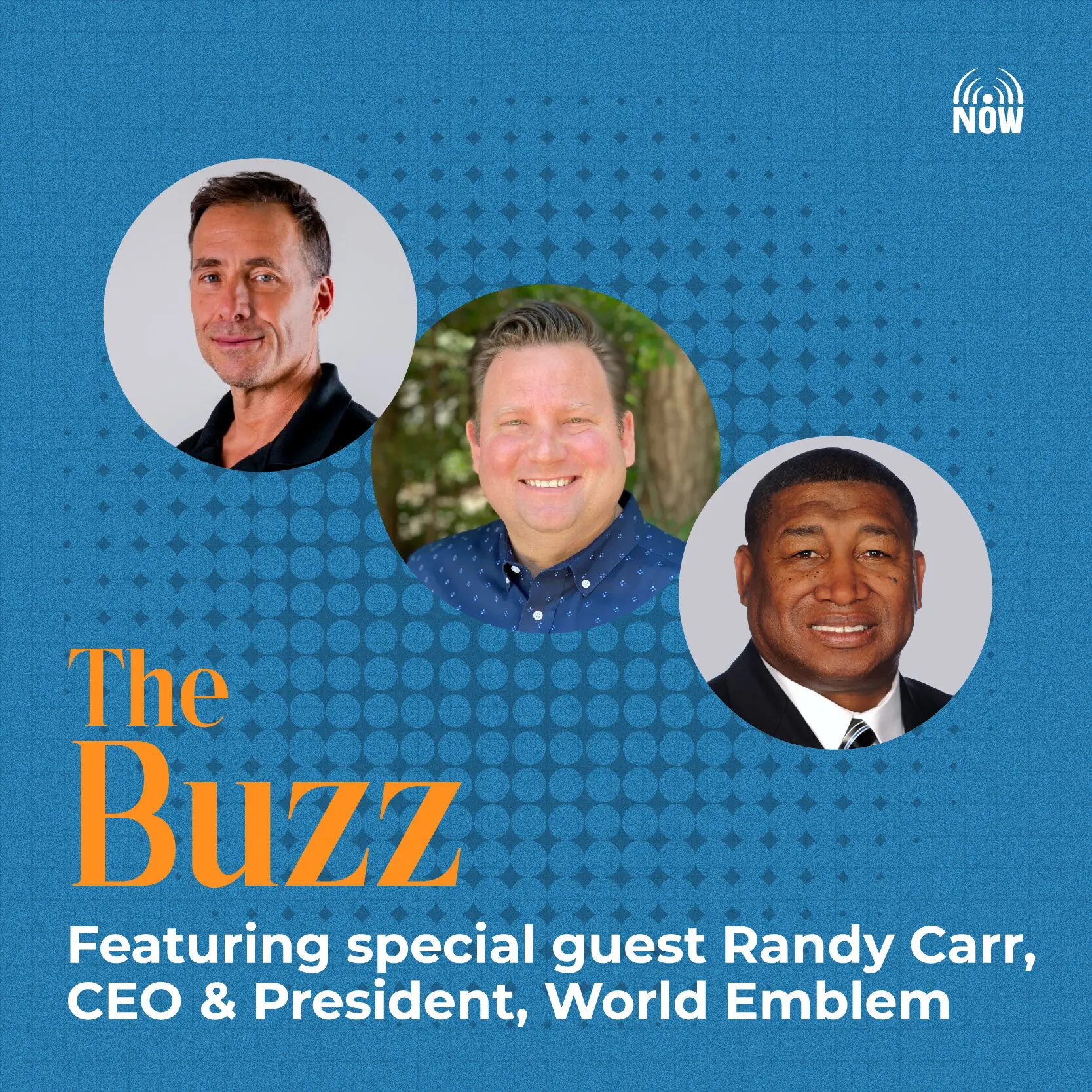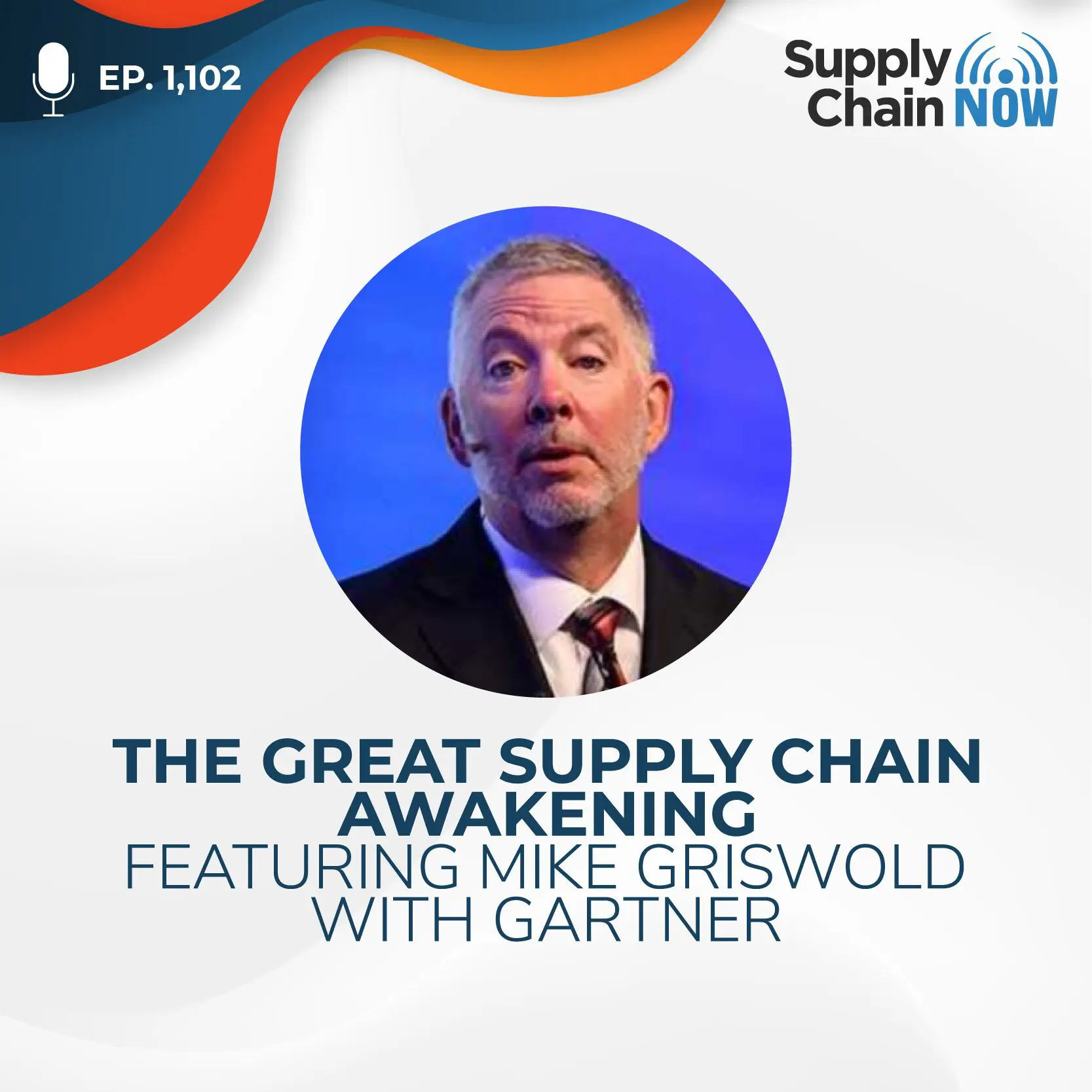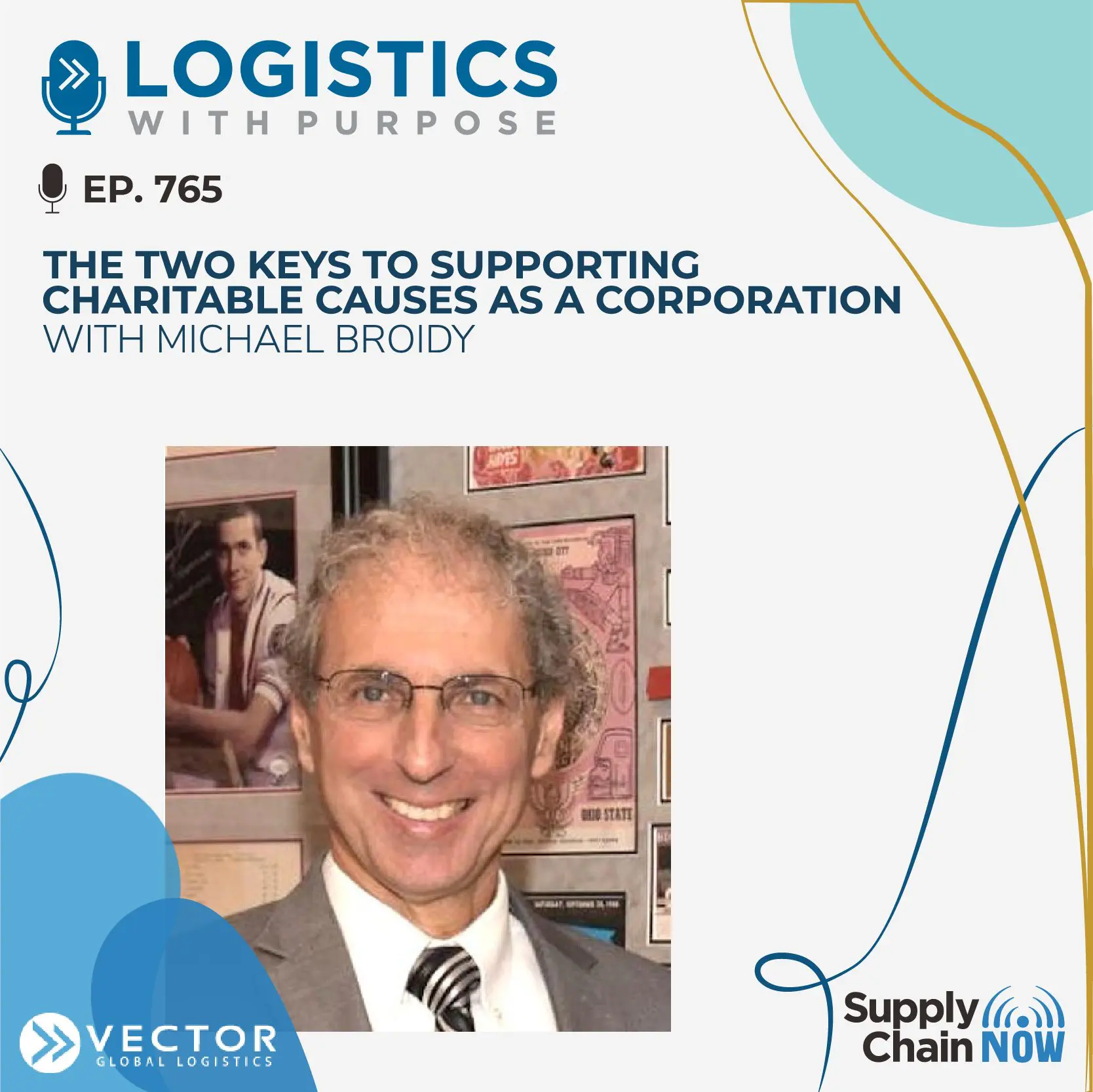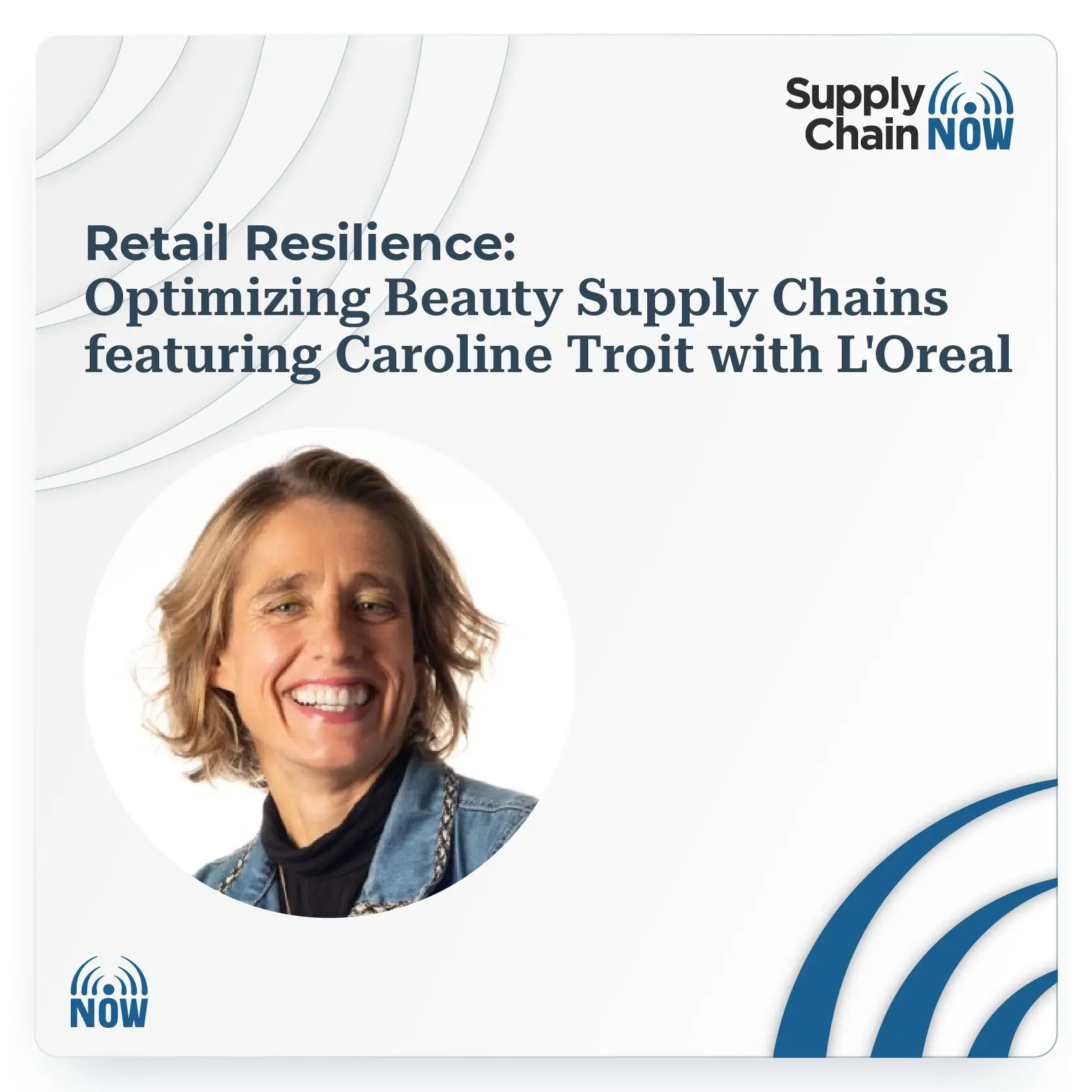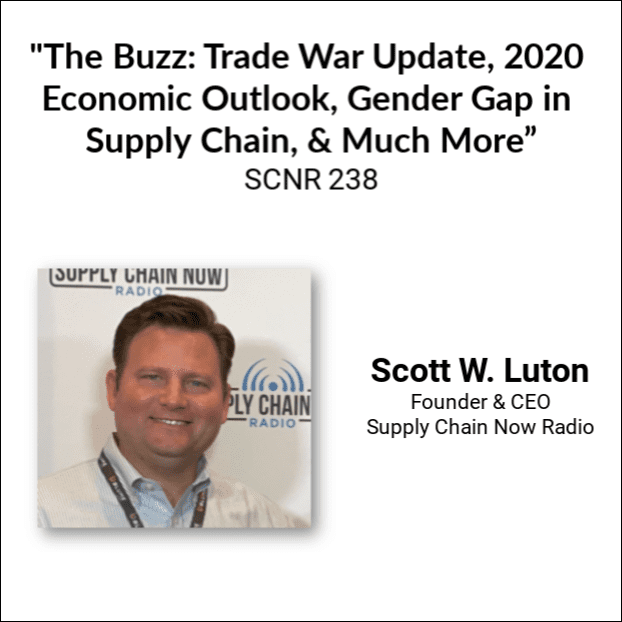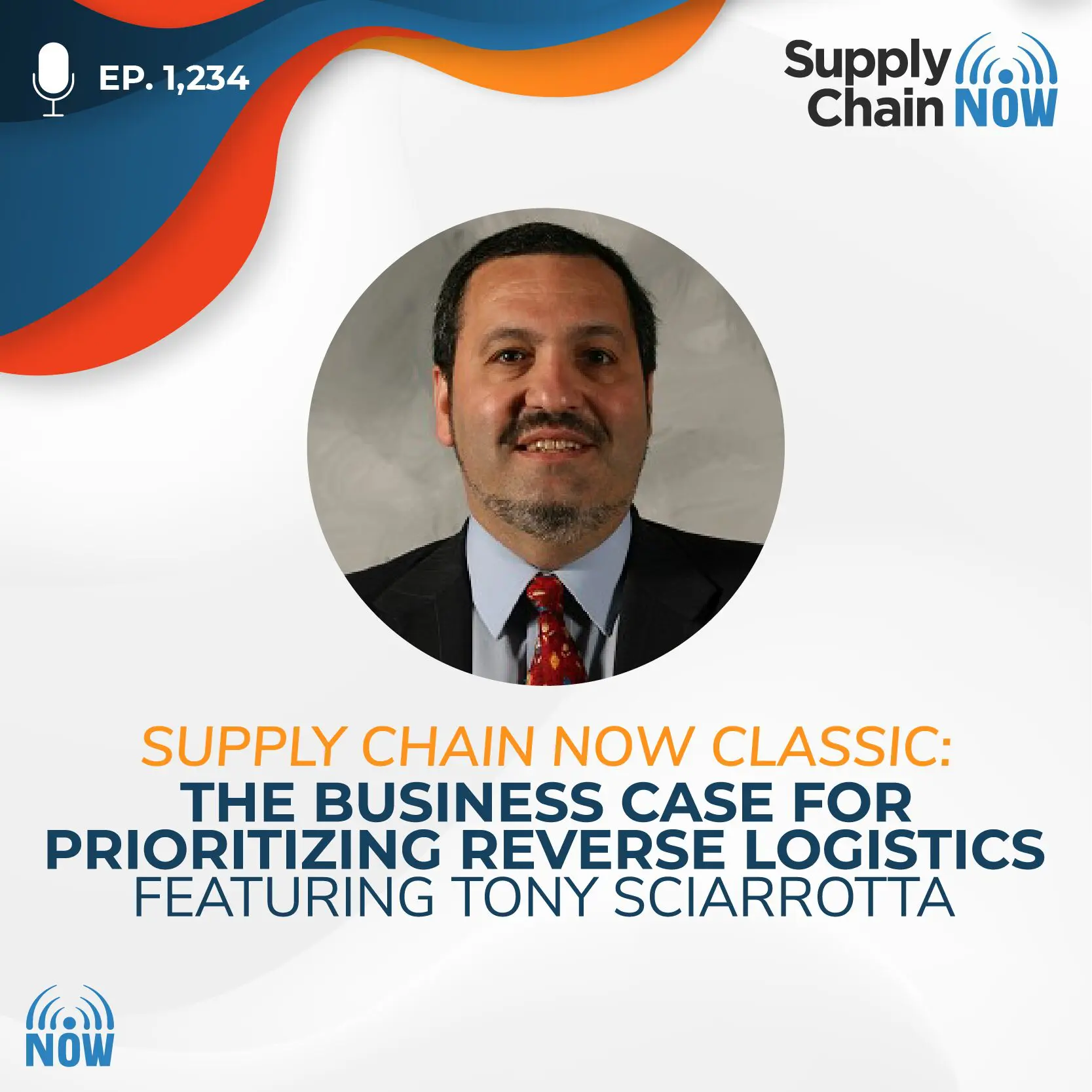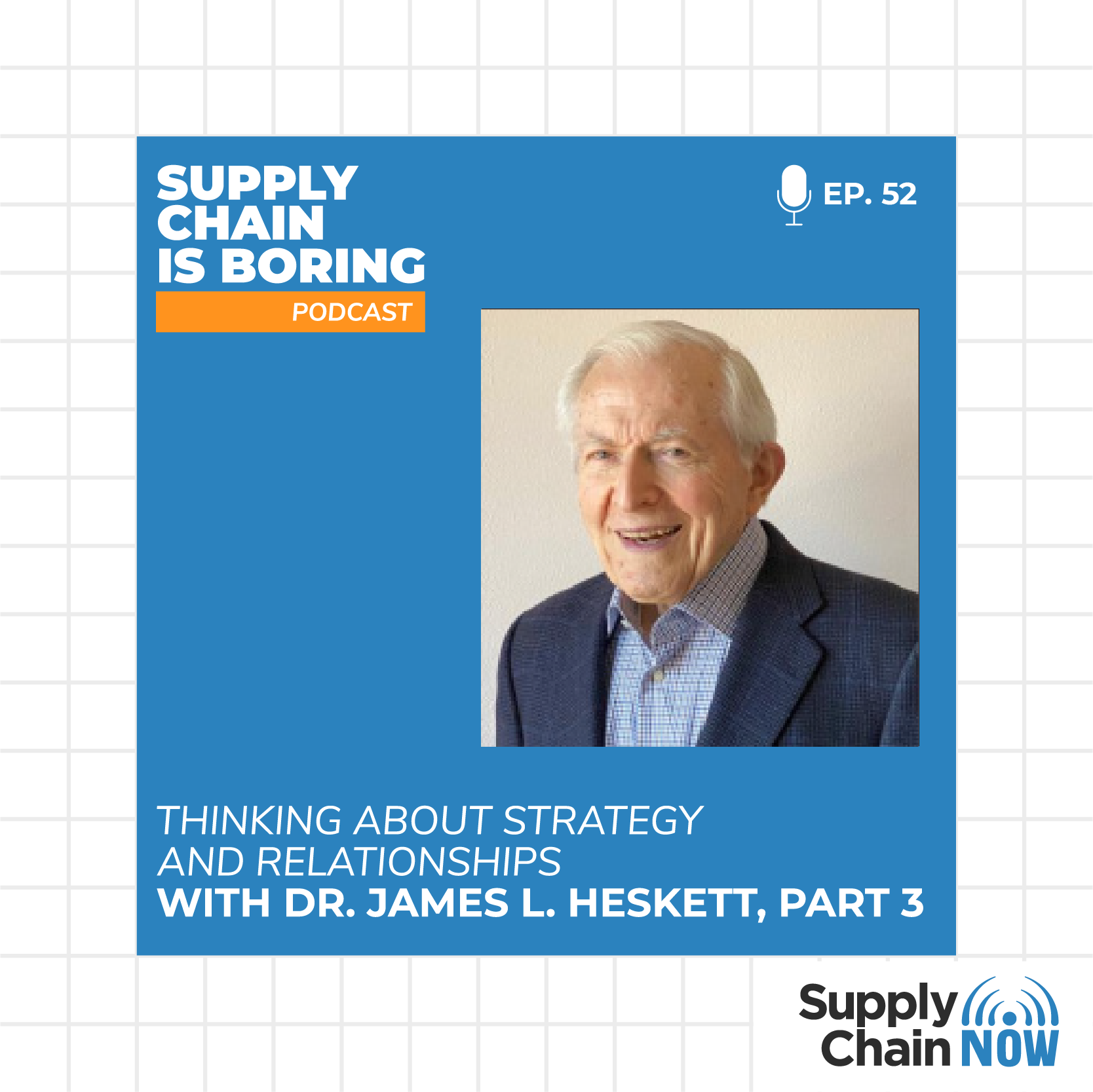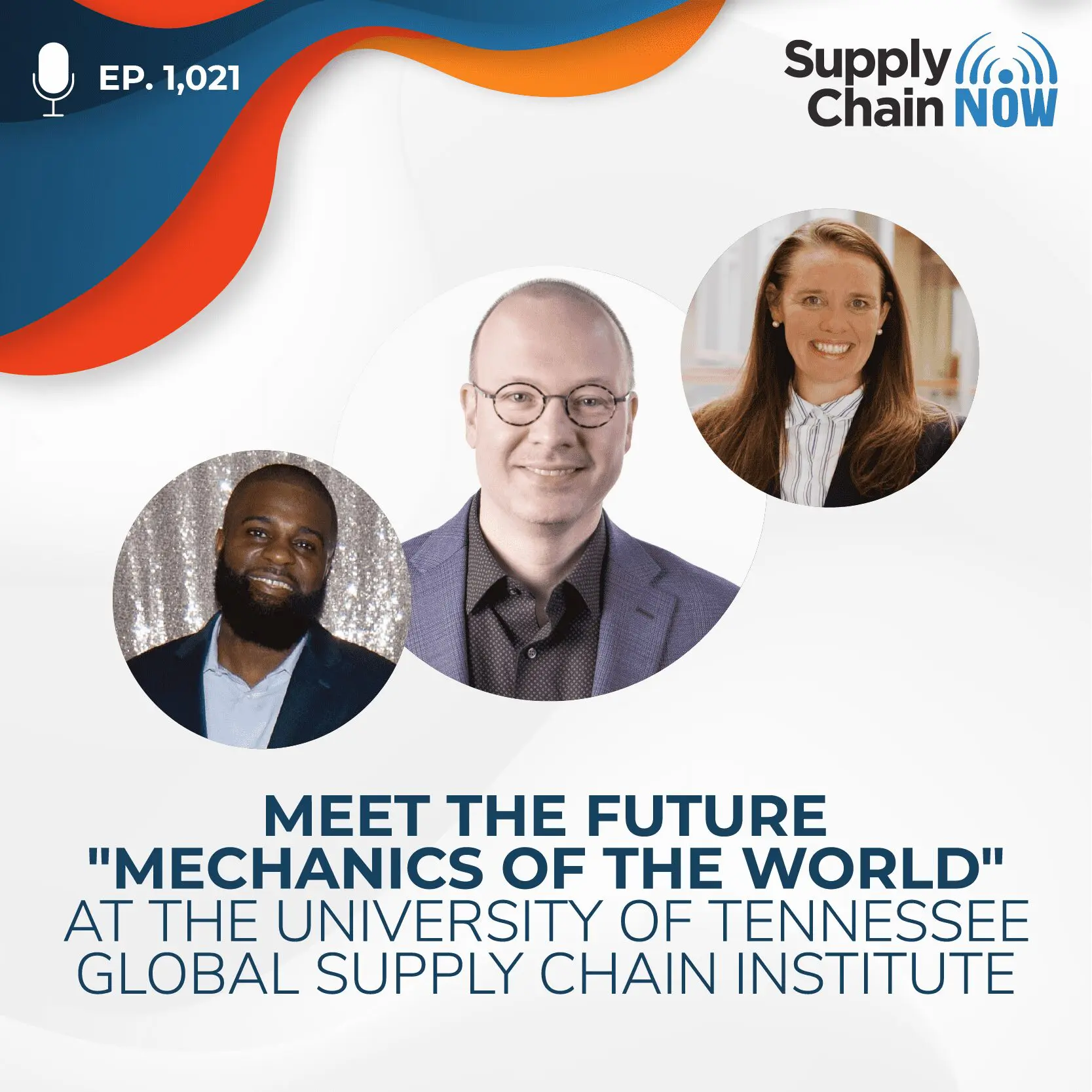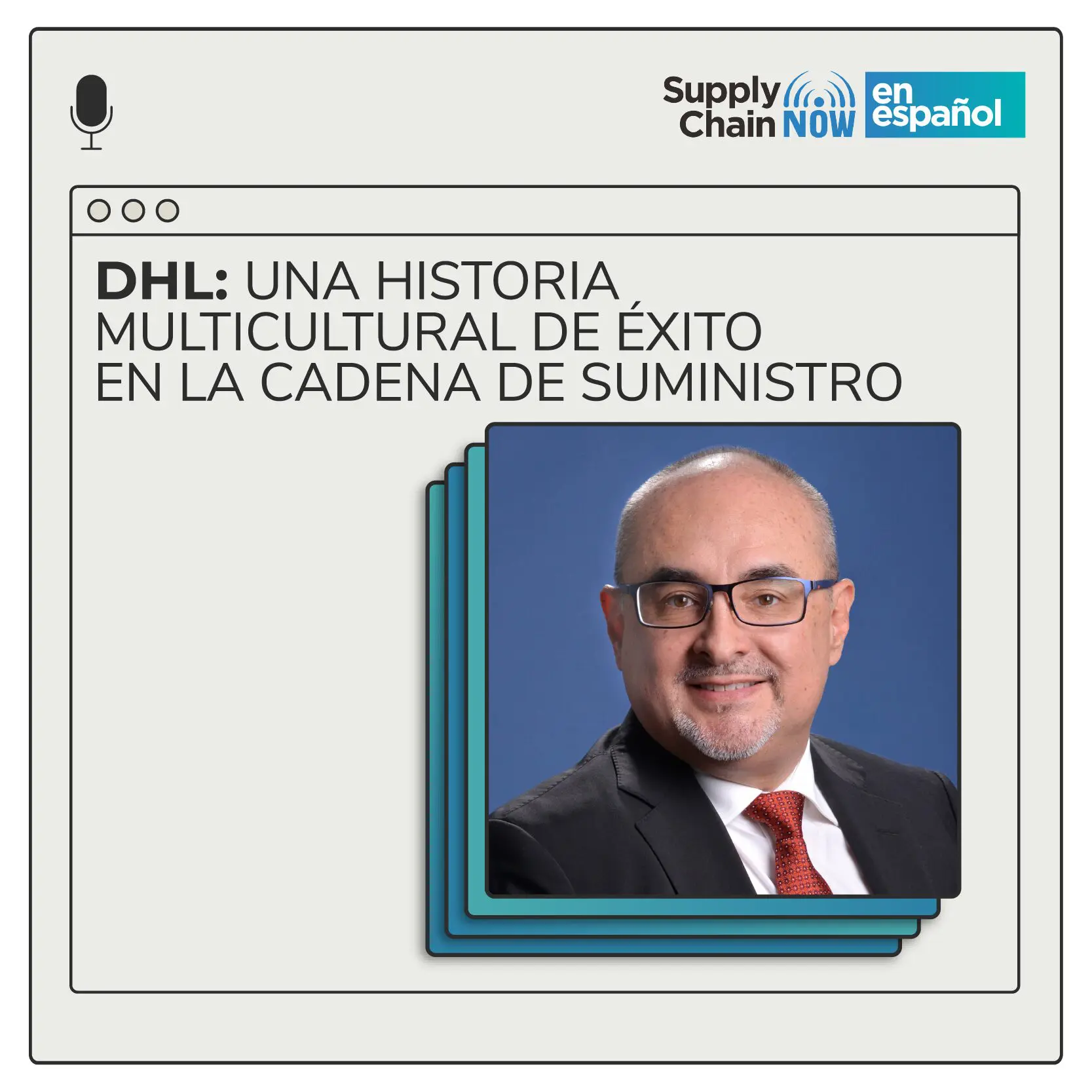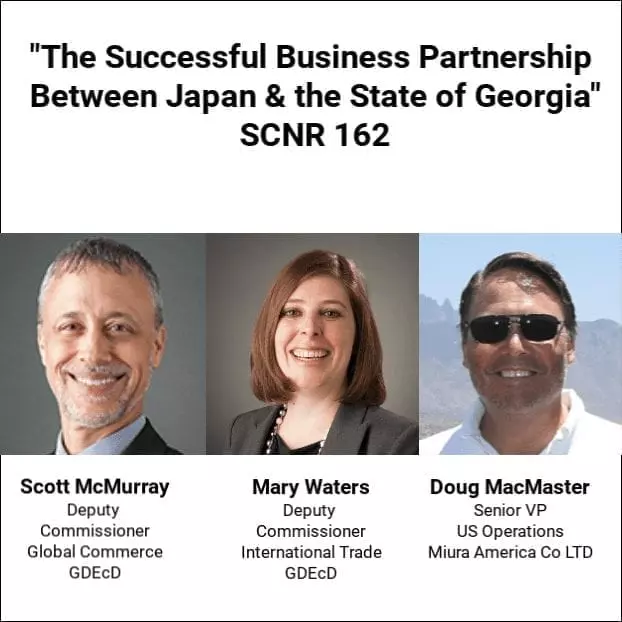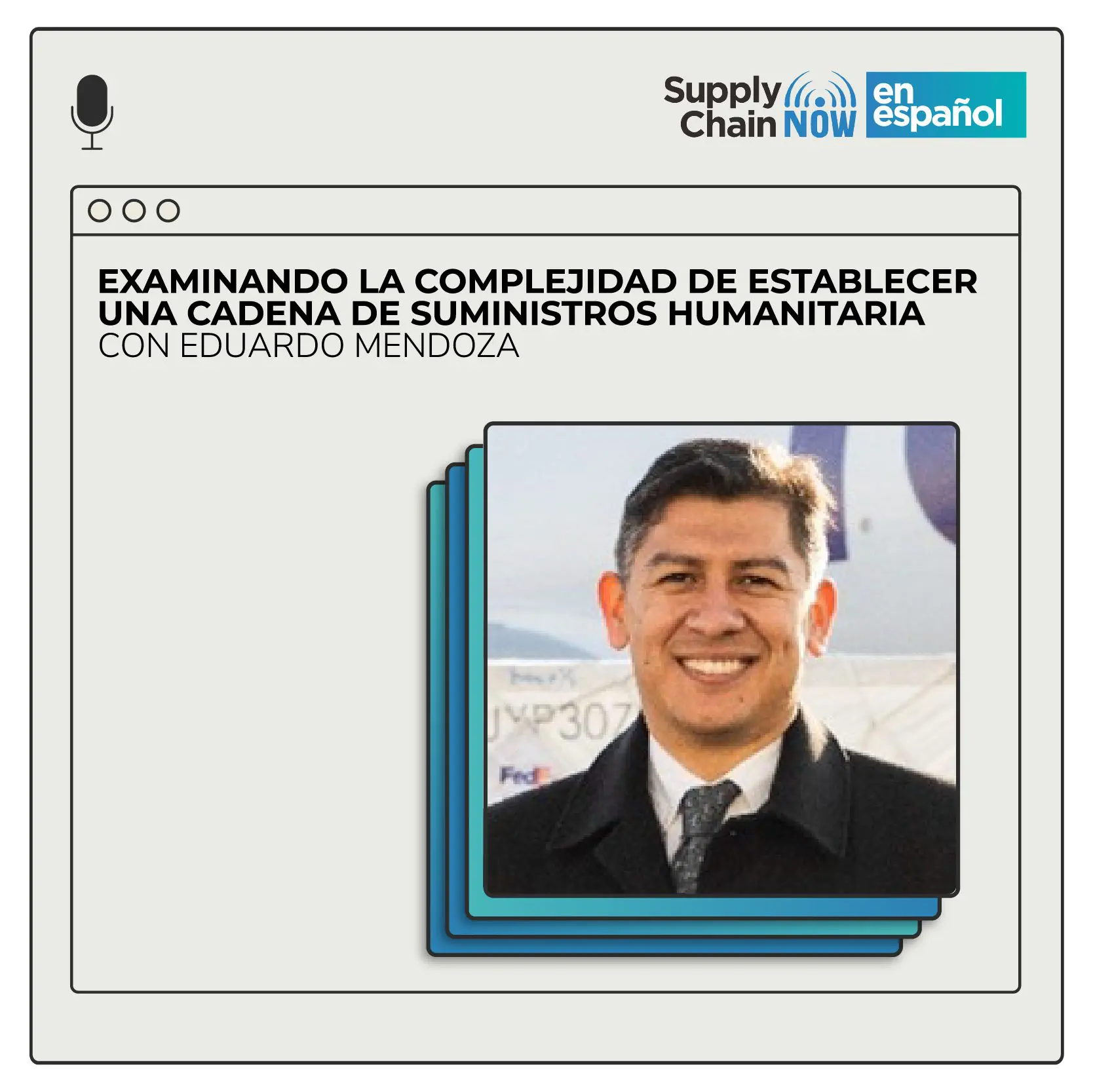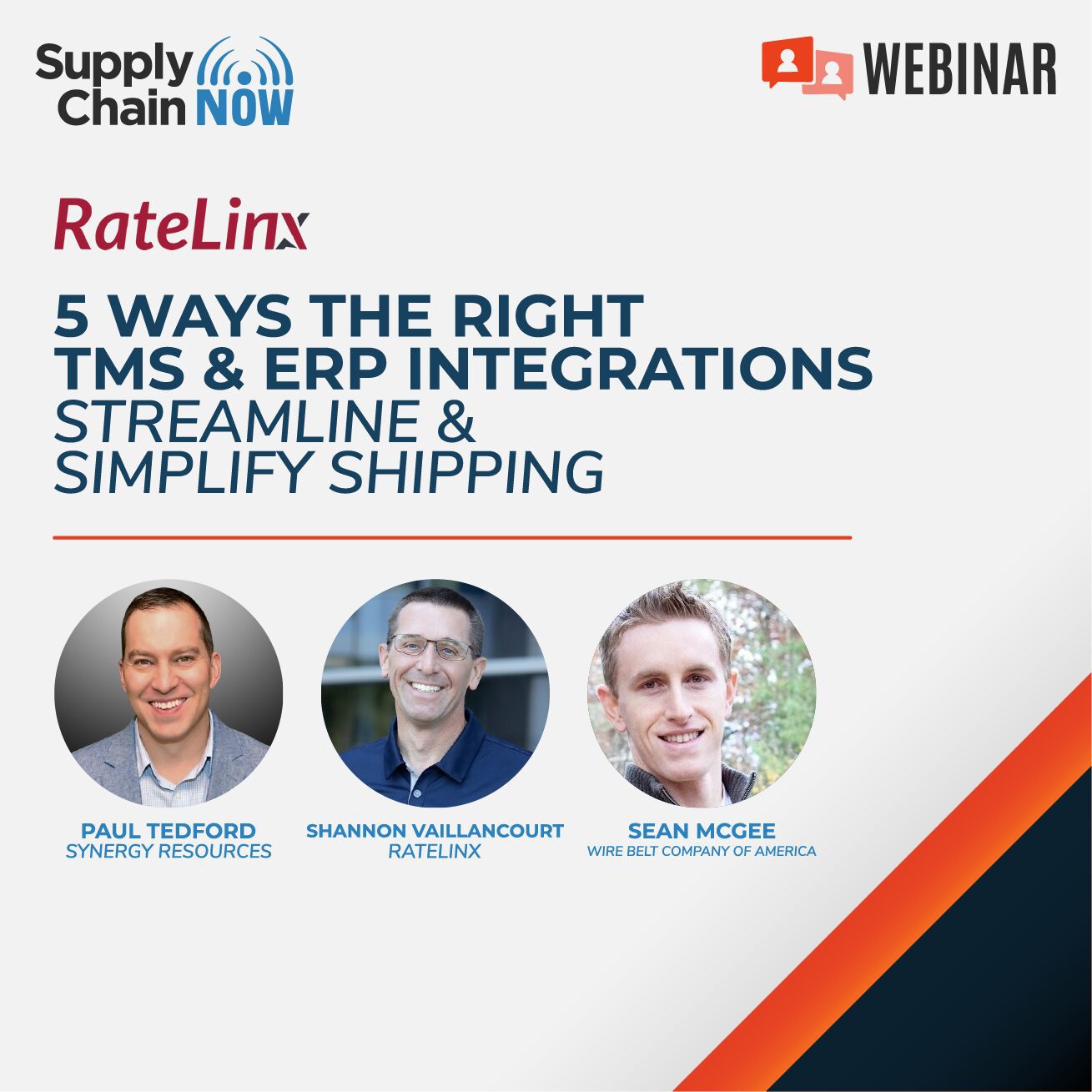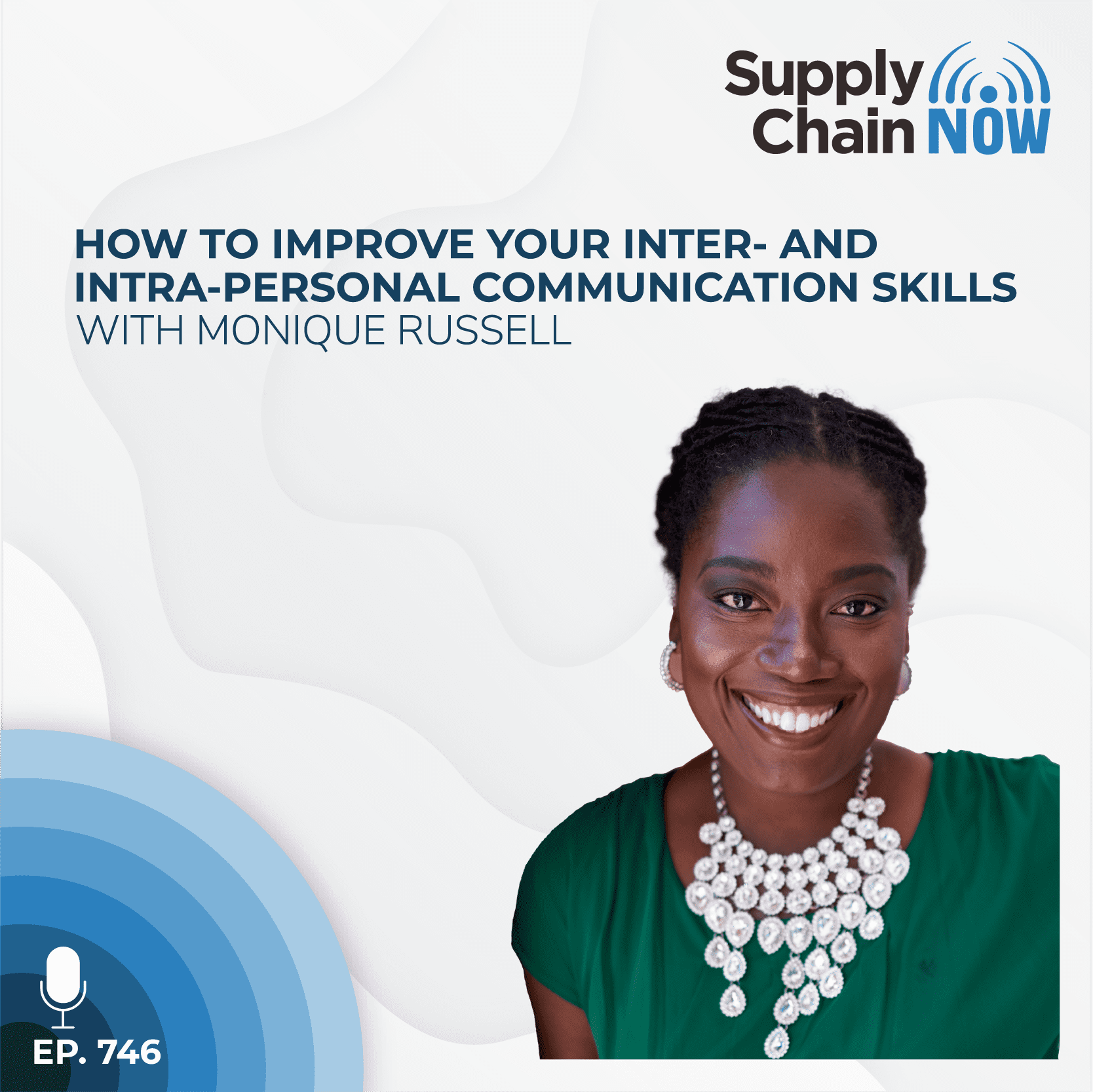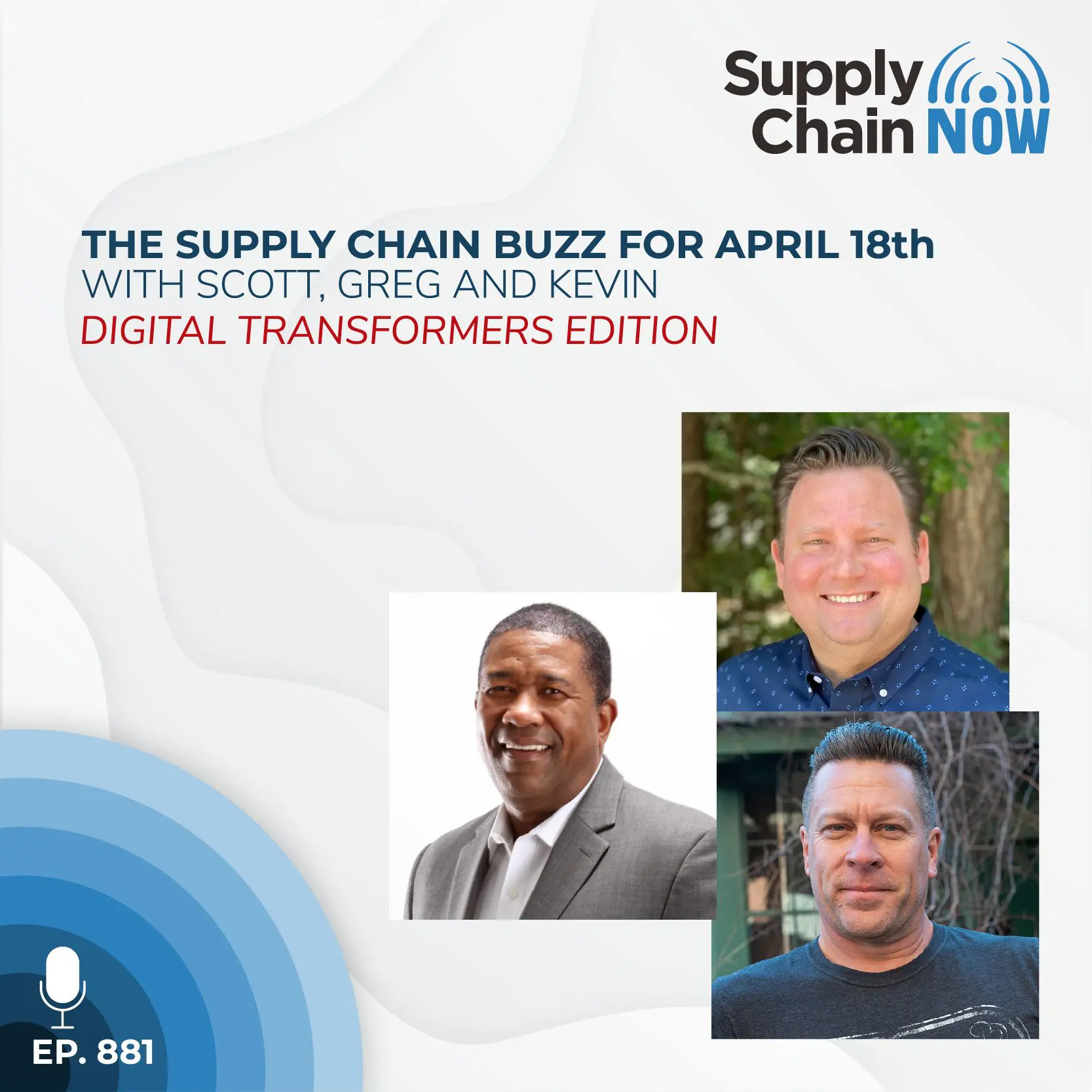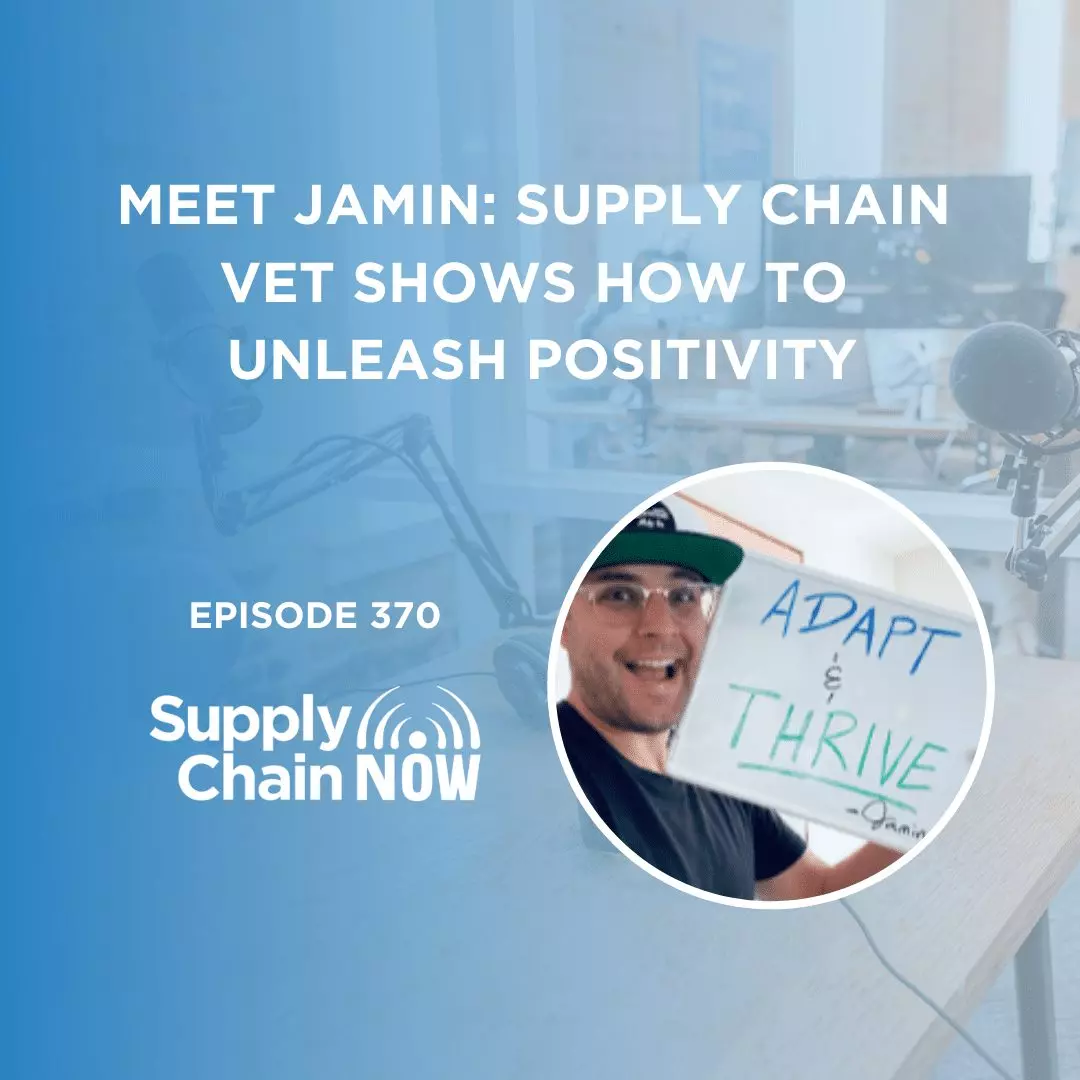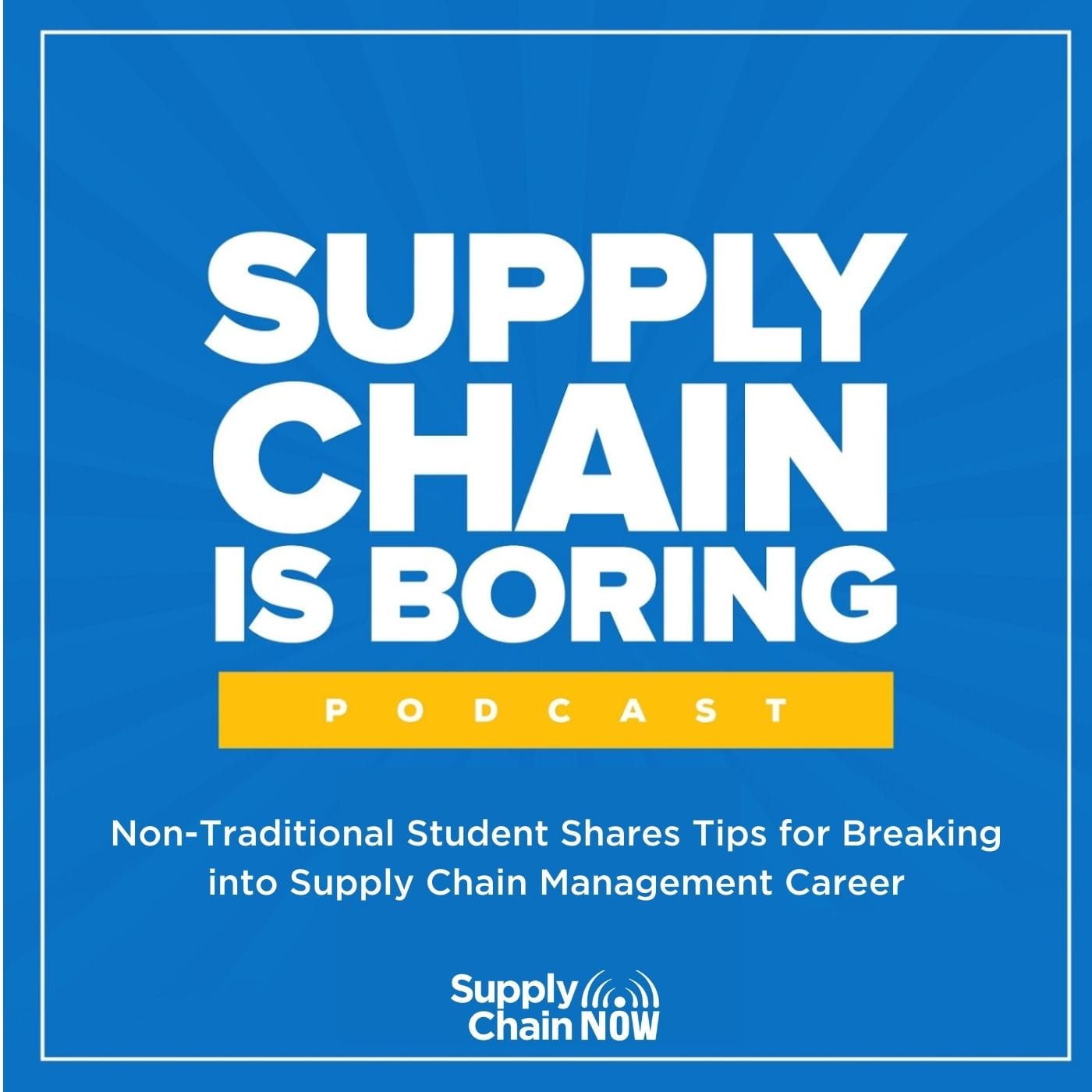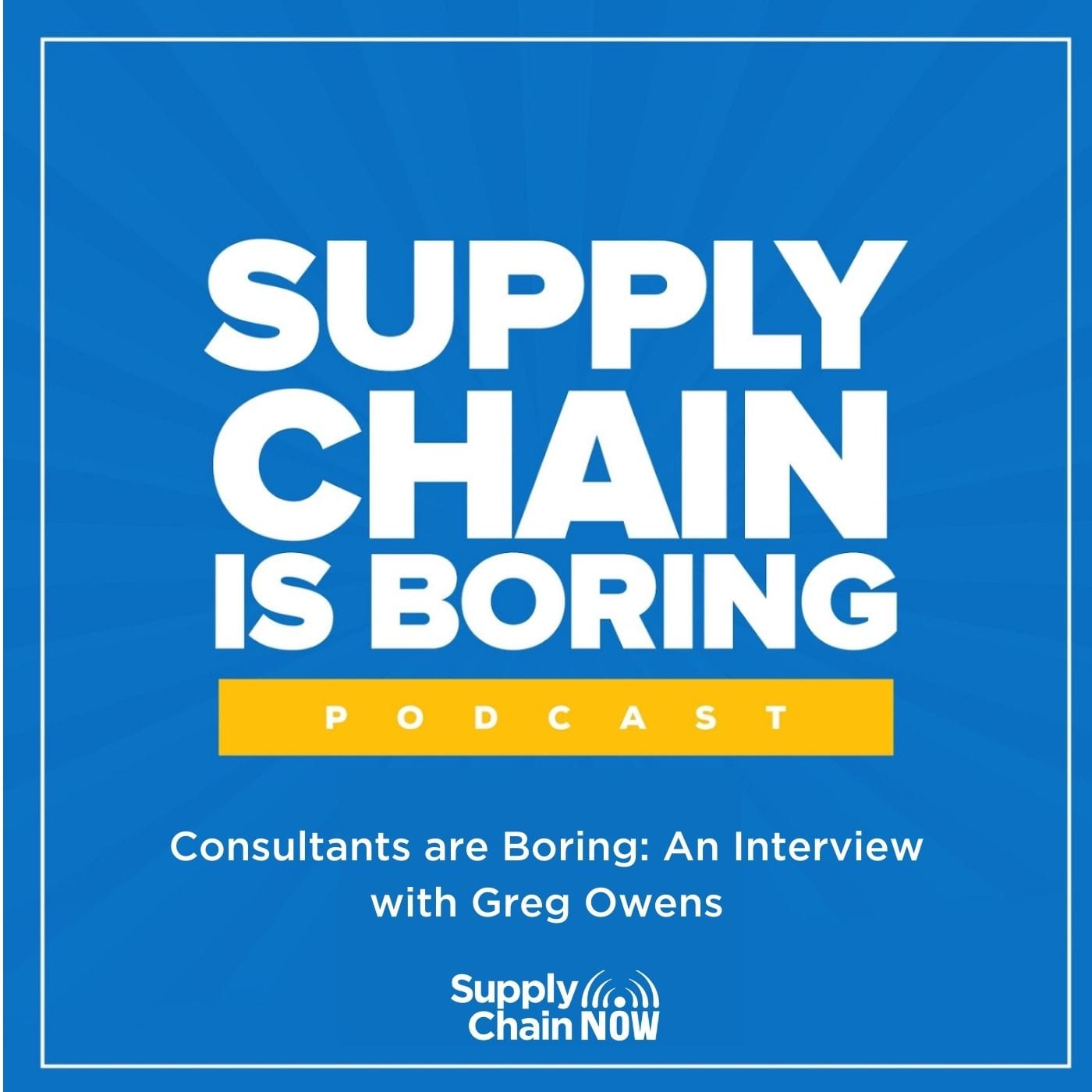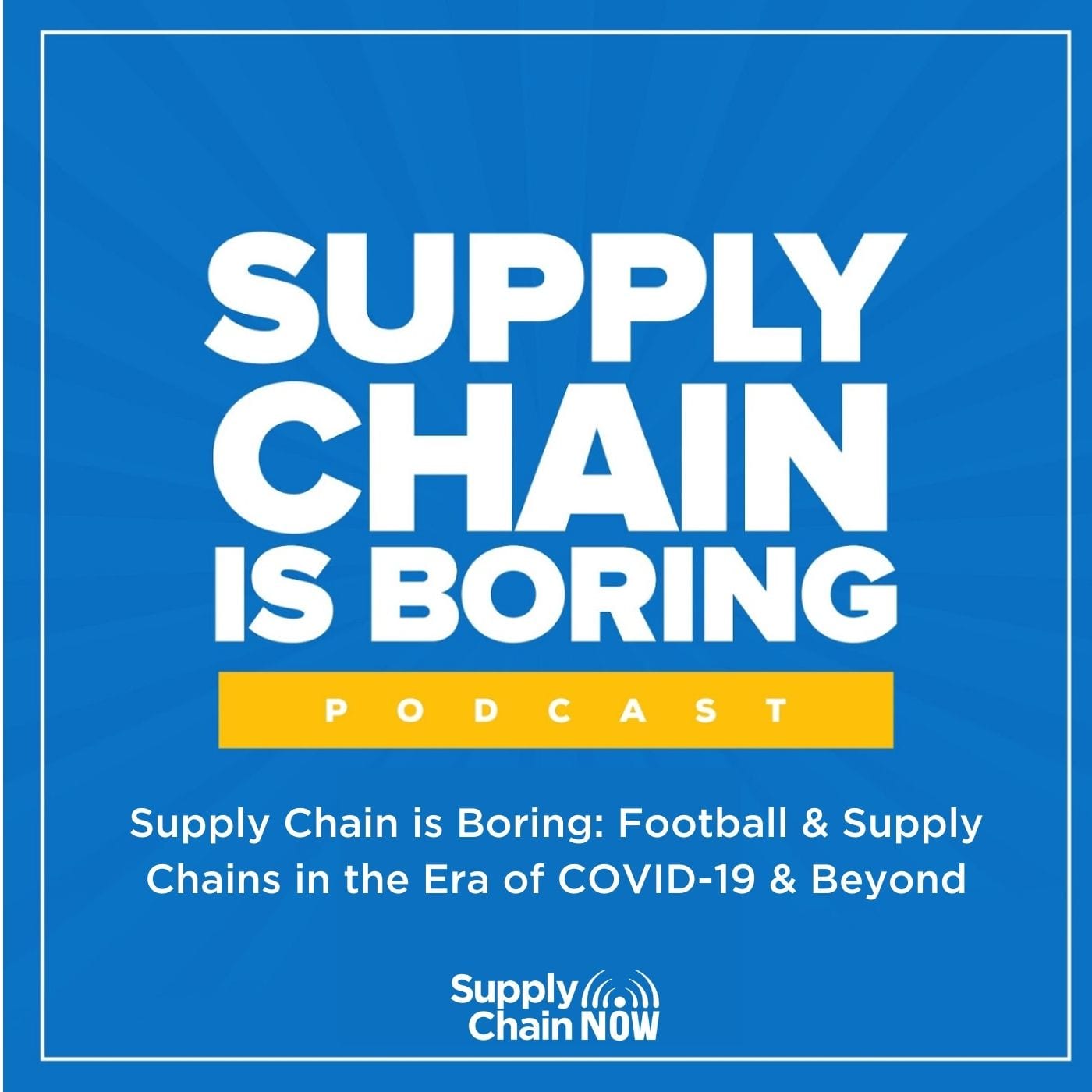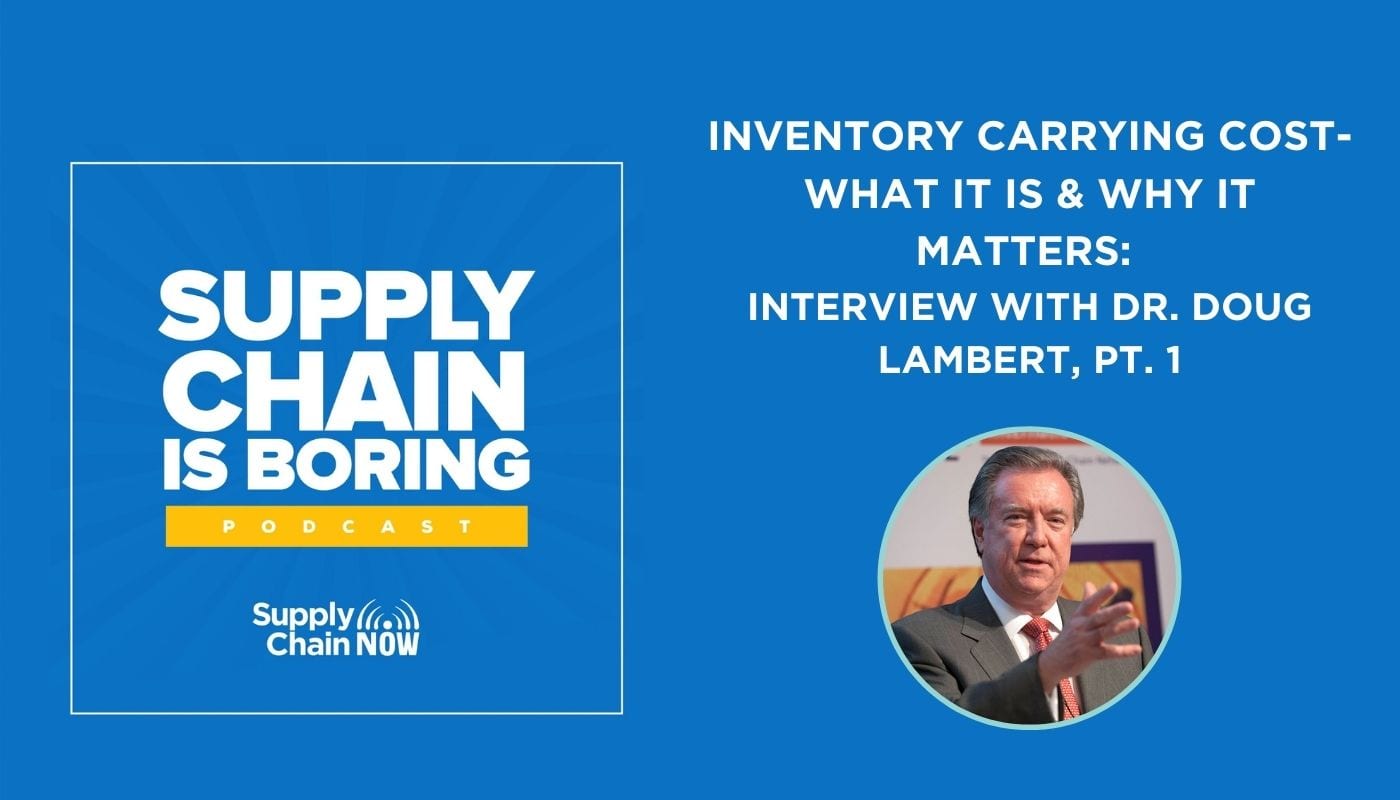
Episode Summary
“The other thing I found was there are three rules of good financial management. One is you get the cash two, is you get the cash, and three, is you get the cash, right? So the book value of inventory isn’t the important number. It’s the cash value of the inventory.”
-Dr. Doug Lambert
Why do companies so aggressively manage inventories? Cost! And a big cost component is carrying or holding cost- a percentage of the total inventory value that impacts the bottom line. So what are the subcomponents of carrying cost and how were they developed? Listen as host Chris Barnes interviews Dr. Doug Lambert, and learn more.
Episode Transcript
Chris Barnes (00:06):
Hey, it’s Chris. The supply chain doctor and host of supply chain is boring. Bringing insight into the history of supply chain management and exposing you to some of the industry’s thought leaders and driving forces. In this episode, we sat down with Dr. Doug Lambert, the Raymond E. Mason chaired professor Ameritas at Fisher college of business and Academy professor at the Ohio state university and former director of the global supply chain forum. In part one of this two-part series, we discussed the original writing and development of the carrying cost concept currently in practice today. It all sounds pretty boring. Let’s see if Dr. Lambert can prove me wrong, Dr. Lambert. Thanks again for investing time with me to hear about your career and learn more about your perspective on supply chain management in general.
Dr. Doug Lambert (00:52):
Okay. Well, initially you, when we talked, you wanted to, uh, talk about inventory carrying costs and how I decided to write the papers on inventory carrying class. I grew up in Canada. I was born in Toronto and I went to, um, the Ivy business school at Western university for undergrad and MBA. And so, uh, that meant that I either had to get all three degrees from the same place, which isn’t good for them or go to a school that wasn’t as good in Canada. And so I looked at three schools in the us Harvard, cause it was kind of head office for the Canadian school, about half the faculty at Harvard degrees. I put in Texas for warm weather. I was even then thinking about a nice warm place and Ohio state. And I picked Ohio state because of Butler lawn, who was, was really one of the giants in this business.
Dr. Doug Lambert (01:45):
He passed away a year or so ago. Um, and, and the other thing I wanted to do was, so I taught for a couple of years with an MBA to see if I was going to like it before I invested in this PhD. And, uh, I picked Ohio state because of bloodline. I worked with him as a research assistant and I had a plan to get a PhD as quickly as I wanted to get a two-year PhD and get back to Canada and where people lose time. And the PhD is not on the coursework because of course work disciplines, people, but you know, you’ve got papers due. You got classes you have to go to where people lose time and is that the dissertation, they might waste a whole year trying to figure out what the dissertation topic is. And so my idea was whatever idea I had Christmas of my first year in the PhD program, I was going to spend the time I had free over Christmas, getting going on a dissertation proposal, starting to write it.
Dr. Doug Lambert (02:43):
And the only idea I had by Christmas was inventory carrying costs and Leilani had another PhD student working with them that fall. And he had two projects. He had one on customer service, which I really wanted to do because I’d done some work like that in Canada, before coming for the PhD. Uh, but the other PhD student didn’t know the difference between a debit and a credit. And I’d taught accounting for a couple of years, uh, to see if I was going to like teaching before I went for the PhD. So guess who got the carrying cost topic? So it was the only topic I had at Christmas. So I talked to Leilani and Robinson and grabbing her who were going to be my dissertation committee and said, would this make a dissertation? And they agreed it would. And so if I was going to stick to plan, this had to be it.
Dr. Doug Lambert (03:30):
And I did complete my PhD actually, uh, a week. I was a week over the two years and graduated in the fall that year. So I was actually two years plus a quarter til I actually walked away with a degree in hand. But the more I got into the topic, working with companies, the more excited I got about right. And because they thought it was useful. And I actually received the doctoral dissertation award from, um, what was then called the national council of physical distribution management for my dissertation. And it was one of them, two in the whole history of the organization. Now, after NC PDM was called CLM and now the council of supply chain management professionals. So in the history of this organization, they published two PhD dissertations as books. And mine was the first one, cause it was useful and business people could, could read it and, um, and actually use what was there.
Dr. Doug Lambert (04:28):
So that’s how I got into the topic. What I ended up finding out about it was in most books for an EOQ for formula or any other use of the carrying costs. People just throw in 25 present. Right? And in fact why Alon was interested in the topic, was he at another PhD student, Jeff, Karen Bauer working on a logistics model, right? A network model for Ross labs, division of Abbott in Columbus, and they needed a carrying cost. And so that’s how I got the topic. So ended up a lot of luck, right? Because I had really no interest in the topic to start with. And then it turned out I want to competitive national award for the dissertation. And they published it as a book, which got me a lot of visibility as a young guy, starting a career. The thing I found out about it was two things.
Dr. Doug Lambert (05:21):
One is the biggest component of the carrying cost is the opportunity cost of money. It’s what would I do with the cash cash? If it wasn’t an inventory, right? And if you’re a cash rich company, you’ve got, you know, a hundred million in treasury bills yeah. Or something. Then if you reduce inventory, you’re likely to just buy more treasury bills with, with the cash generated. So opportunity cost of money in that case is whatever you’re earning. Right? T-bills on the other hand, if you would add a new production in your factory that you’re not adding now because you’re short of working capital, then the rate of return you’re losing by having that inventory is the rate of return. You’d earn on that equipment if you had it. Or if I was a retailer and I had less inventory in my warehouses, I can’t get less inventory in my stores because the stores have to look like they’re stocked.
Dr. Doug Lambert (06:18):
Right? I mean, I think the retailers call it product dominance. When you walk into that store, you have to feel like if these guys don’t have it, nobody’s got it. Right. So you can’t see empty shelves. So it’s gotta be warehouse inventory. But, but if I could reduce my warehouse inventory then, and that allowed me to open a, another new store, then it’s the rate of return. I own it earned on the new stores. So it’s not just an average number. It’s whatever it’s going to be for your company. Then the other thing I found was there are three rules of good financial management. One is you get the cash two, as you get the cash three, as you get the cash, right? So the book value of inventory, isn’t the important number. It’s the cash value of the inventory. And if you’re a retailer and you sell it something and don’t replace it, which would be how you’d get an inventory reduction.
Dr. Doug Lambert (07:11):
You saved the current replacement cost, which is probably close to what you paid for it and what you’re carrying inventory for on your books. And if it’s a raw material in a manufacturing environment or a company in part, and you reduce component party inventories, you buy less this month and you’re going to need to get those inventories down. Then at the end of the month or 60 days from now, whenever you pay the bill, the bill would be less than cash would go up by the bill. You didn’t pay. Right? But where this gets more complicated is that every manufacturer overstates the value of inventory from a cash standpoint, because they full costs. They put all these overhead costs in that have got nothing to do with making a unit of product right now. Again, think about this. If you’re somebody who wants to either increase or decrease inventory, and you’re a manufacturer and you’re not general motors.
Dr. Doug Lambert (08:06):
I mean, if you’re a general motors and you want reduce inventory, you have a fire sale, right? You’ll offer $5,000 discounts, free financing, right? And the, the classic was that summer. It was a number of years ago. Now when Wagner was still running GM, where they made everybody in this great land, the GM employee for the summer, anybody in the U S goodbye, a new GM car for employee costs because they had so many inventory cars in inventory, right? They built these cars, nobody was buying it. And so they sold the cars. They lost something North of a billion dollars that quarter. And then it was a shock to him. The next quarter that sales were up 25% on the new models. Like people who just got up and bought a new car during the summer, we’re going to line up and buy another one because they’d made a model will change.
Dr. Doug Lambert (08:53):
Right? I mean, he does wonder there was no institutional learning in that industry. The sad thing was the board didn’t fire Wagner. It was the government when they bailed them out. Right. Right. So if you’re not general motors and you’re not going to have a fire sale to get an inventory reduction, what do you do? You make less this month, then you’re going to sell. I mean, most likely every month you’ll make what you’re going to sell. Right? You try to do that. Yeah. You might make more, you might make less. But the point is, you’re trying to make what you’re going to sell. And so this month, if we’re trying to get our inventory down by $10 million, we’ll make $10 million less product. Now those product costs are made up with costs like security guards on the factory gate, security guards, you know, the fence you’ve got around the factory, the chain link fence with the barbed wire on the top and the security guards in there have got nothing to do with how much product you make in that factory.
Dr. Doug Lambert (09:48):
They’ve got everything to do with how important yeah. You think it is to protect what was, what is going on in that factory, right? So you tend to see more offenses around factories in South America than you do in the U S but those security guards get paid every month, regardless of what you make in a factory. And yet those costs along with the plant manager’s salary and a whole lot of other fixed costs get spread across units. Like they’re variable, right? If you’re on a standard cross system, you estimate ahead of time, how many units you’re going to sell. And then you spread all these fixed costs across units, treat them like they’re variable costs, but they’re not there period costs. And so if you make less units this month, you’re, you’re going to, you’ve paid the security guards, what they always get paid per month, right?
Dr. Doug Lambert (10:32):
The full amount. But you’ve only got inventoried a portion of that inventory during cost of goods sold because you made fewer units this month. So what happens to the money you paid that isn’t accounted for an inventory or cost of goods sold? It’s a journal entry adjustment. The cost of goods sold you, Jack it up by the overhead that’s under absorbed, right? They call it under absorbed plan overhead. So be fixed costs related to machinery. It would be the plant manager’s salary. It would be the security guards. So then if I’m a high fixed cost operation, maybe only 15, the percent of my product costs are variable, which means if I reduce inventory by 10, for $10 million, I’m only going to free up 5 million. And it’s important to understand that because presumably you’d work harder to get a $10 million reduction than you would a $5 million reduction.
Dr. Doug Lambert (11:25):
Right? Right. And it gets even worse than that because labor might be a variable costs when I’m figuring out how profitable my customers are or how profitable my products are. And the idea there is that I might have a, a thousand people working in my plants, but they’re not a variable cost. There is step fixed costs, except the steps are small. And so if I stopped selling and to Walmart, or if I stopped selling certain SKU shoes, I can let some employees leave for better jobs. My labor force will come down and I may actually save those, those costs. So training them is variable costs in that sense is not a mistake, but in the case of the one-time inventory reduction, it’s a big mistake because the labor costs didn’t save. I mean, I was in Izmir Turkey a dozen years ago and visited a Hugo boss plant.
Dr. Doug Lambert (12:17):
And they had this fleet of vehicles to bring people in, to work in that operation. That was a cutting so hard, high labor content operation, very low turnover. Those because these were good jobs. And the Turkish government said, you can work more than 40 hours a week. If you like, of course, you’re paying them for it, but you can’t work on less than 40 hours. They get paid for it, whether they work it or not. Right. So even in Turkey, labor, wasn’t a variable cost. So if, if we make less product this month, then we send the plant home at noon on Friday. We don’t slate say that labor cost at all. And so now we’re down to variable cost of material, variable packaging costs, electricity to run the machinery. And maybe we save some maintenance costs if we’re not running it Friday afternoon. But the point is inventory from a cash standpoint in every manufacturing company in America is overvalued. And I think people work too hard for inventory reductions for the cash. And they’re actually freeing up
Chris Barnes (13:21):
Inventory is a big part of supply chains as that’s why people tend to focus on it.
Dr. Doug Lambert (13:26):
We don’t run real lean. And then you see empty shelves like we did with the paper gals and COVID right. You know, it would seem to me that that paper towel operation, and I mean, it’s probably not a high labor cost operation. It’s probably high fixed costs to start with. So maybe having a little extra inventory, even though your books look like you’re carrying more money. If you look at the actual cash value of that inventory, that may not be so bad, maybe having a little extra, isn’t a bad idea. So those are the two things, you know, what’s the opportunity cost of money. So again, if you’re a cash rich company, you got all kinds of money in the bank getting a little more cash from an inventory reduction, isn’t going to bring you much income. And so if you’re using 25% as a carrying cost, man, you’re really overstatement. And if you’re applying it to the full cost of the inventory value, well, then you’re really,
Chris Barnes (14:18):
So your objective with, with your, what do you call it a thesis? Or what was it that
Dr. Doug Lambert (14:23):
First of all, understand what inventory, what were the components of inventory carrying cost? And the big part of it is getting the cash value of the inventory, right? And determining the opportunity cost of money. Now, the other things like insurance taxes, obsolescence damage, you know, relocation costs because you, uh, uh, you got inventory in the wrong place, right? So you got bathing suits in Ohio and it’s now the fall. So you ship them to Florida. So you can sell them at full price. That kind of relocation costs. Typically those costs are one, two, three, maybe 4%. And the, the, the big one was when, when capital was in short supply was the opportunity cost of money because you might have a hurdle rate in the company of 15 or 20% on new investments. Well, that’s an after tax hurdle rate, all the trade offs you’re making with inventory are before tax.
Dr. Doug Lambert (15:16):
So you have to take that after tax cost, the capital hurdle rate and divide it by one minus the marginal tax rate. And so if your marginal tax rate was 50%, then that 15% hurdle rate becomes 30 cost them money for inventory or 40. If it’s a 20% cost of capital, you’re looking for in a company. But those were in the days when money was in short supply. Right? And I saw more of that in the seventies and eighties than today, where a lot of these big companies that are sitting on a fair bit of cash, right? So it depends on your situation. You’ve got that you’d pay off. Then it’s the interest on the debt. The debt interest is already before taxes. The interest you get on money in the bank, your T-bills is before tax number. You have to pay tax on that, but the minimum acceptable rate of return on new investment that that is asking you to want to get, if you want to make an investment, that’s an after-tax rate because what they have to do is, is look at cash flows over a period of time and discount them back to a net present value, including the tax implications of depreciation.
Dr. Doug Lambert (16:26):
So, so that’s another mistake. Oftentimes people make is they don’t convert that cost of money, uh, to a before tax cost of money, because everything you’re trading off with it set up in the plant, set ups in the plant, transportation costs. Those are all pre-tax numbers. You don’t get your freight rates quoted to you after taxes.
Chris Barnes (16:48):
Doug, you, you did this in 1975, 76. You started, this is that
Dr. Doug Lambert (16:54):
I actually started it in the fall of 73 as a PhD student. And then up in, in, uh, in 75, that was my PhD dissertation. And we worked with half of that. Well, actually seven come on, um, helping them develop a carrying cost Drackett products division of Bristol-Myers in Cincinnati Ross labs, a division of Abbott in Columbus, a Heinz in Pittsburgh, Ralston, Purina in St. Louis I O and then chemical had one process there.
Chris Barnes (17:29):
It’s interesting. This was over 40 years ago and you’re talking about it like it was yesterday.
Dr. Doug Lambert (17:34):
You know, the interesting thing about it is my mentor always used to say, you know, work on a research project, you can put a presentation together and present to executives, right? Because college professors don’t pay you to present business people will, or if you do presentation in their company, or they invite you for one of their meetings as a keynote, then you get paid well in. And so I was lucky. This was not a topic I’d have picked, right. But if I was going to stick to my plan to graduate in two years, it was the only idea I had at Christmas. And I was going to lose time if I didn’t move forward on it. I wasn’t stupid about it though. I asked my mentor and the two other committee members, if they thought it would make a dissertation topic, they said it would, but, but over the years, as I’ve taught logistic programs for companies, there’s always the session on inventory carrying costs. It’s still something people care about.
Chris Barnes (18:27):
It’s a key part of the apex body of knowledge, which you’re familiar with in all programs. CSEP CLTV. And CPIM, I talk about it in every class. We have examples of how, you know, you look at transportation costs and timing, and we always give the example of cost. I’ll make up the numbers. Doug, it cost a thousand dollars to ship it via air from Asia, or you can put it on a ship and, and, and, you know, coming air, it’ll take a week, put it on a ship. It’ll cost you a hundred dollars spend, it’ll take a month. And most people look at the numbers and they say, okay, we’ll put it on the ship. It’ll be cheaper. What they fail to realize is that carrying cost component. That’s a, that’s a big factor, I guess you’d call that the transport, the transportation.
Dr. Doug Lambert (19:07):
Yeah. Well, and, and I guess if these are things you’re buying that are completed pro products, or they’re, they’re, uh, product components that are going into something you’re making, whatever you’re paying for them is the cash value of them. So it’s harder for companies when they’re looking at the carrying costs of what they’ve manufactured in are selling, because they look at the book value, which isn’t the cash value at all. You know, as we said before, it’s overstated because of all these fixed costs we’ve added on. And that if you have an inventory reduction, you don’t save those fixed costs. They simply show up is, uh, under absorbed plan overhead. And you Jack up cost of goods sold by the, uh, those costs that weren’t covered in inventory or units sold. So, so you don’t free it up in cash, and it’s important to recognize that, but, but you’re right. I mean, and I guess the other thing is you wonder how many times when people go off shore looking at lower labor costs, they’ve really considered all of the costs, right?
Chris Barnes (20:09):
Yeah. That’s a key theme for what we talk about in class, but for any, any AP students listening, we basically, there’s three components. You’ve talked about them and they’re in your paper for all three bodies of knowledge, storage, storage costs, capital costs, and the risk cost. Now you, in your paper, you talk about inventory service costs, which I think is taxes and insurance as well, but that, that’s a part of it
Dr. Doug Lambert (20:29):
In most of the world. Taxes is a non-issue, that’s an American phenomenon where you paid ad valorem property taxes on him. But I can remember there was a time when in California, this is when I was a PhD student, California would charge those taxes based on inventory, on a particular date. And what companies would do is they’d send their inventory on vacation. They put it in trailers and ship it in Nevada, or put it in a ship and send it out in the Pacific. So it wasn’t there during that date. And therefore there, they paid lower taxes, but I think the government finally figured it out and based it on average inventory.
Chris Barnes (21:06):
Well, I think it’s interesting just to have found you, as I said, you didn’t create the concept. I looked at your research and you said it’d been around for 10 years, probably back to the sixties, but what you did is kind of formalized it and created those categories. So that’s pretty impressive.
Dr. Doug Lambert (21:18):
Well, you know, the other thing about the warehousing classes, the distinction between public warehouses, where they charge you for storage and handling and a company owned warehouse, the majority of the costs are going to be fixed. So the only costs you’re interested in are the ones that are going to vary. If you have more inventory in that warehouse or less inventory, I suppose if the warehouse gets crowded, it might create complications for picking and require higher labor costs. But if you’re reducing inventory and you’re spending overtime in the warehouse, then, and you eliminate that warehouse, uh, or that, that overtime, because the warehouse isn’t a product and it’s easier to pick then, uh, then that labor costs would be saved. But the public warehouses make it easy for you because they charge it. And it’s only the storage component that goes into carrying costs. The handling you pay on every unit that moves through the place.
Chris Barnes (22:14):
This concludes the carrying cost discussion with Dr. Doug Lambert. Be sure to check out part two where Lambert covers his perspective on what supply chain management is. And the importance of true partnerships, supply chain is boring as part of the supply chain. Now network, we highlight historical events, companies and people in supply chain management and create a picture of where the industry is headed. Interested in learning more about supply chain, technology, startups, mergers, acquisitions, and how companies evolve. Take a listen to tequila, sunrise crafted by Greg white, or check out this weekend business history with supply chain now’s own Scott Luton to learn more about everyday things you may take for granted and pick up short stories you can use as general conversation starters. The logistics with the purpose series puts a spotlight on neat and interesting organizations who are working toward a greater cause. If you’re interested in logistics, freight and transportation, take a listen to the logistics and beyond series with the adapt and thrive mindset, Sherpa Jayman Alvidrez and check out the newest program. Tech-Talk hosted by industry veteran and Atlanta’s own Korean bursa bursa will discuss all things. Digital supply chain, if interested in sponsoring this show or others on supply chain. Now send a note to chris@supplychainnow.com and remember supply chain is boring.
Featured Guests
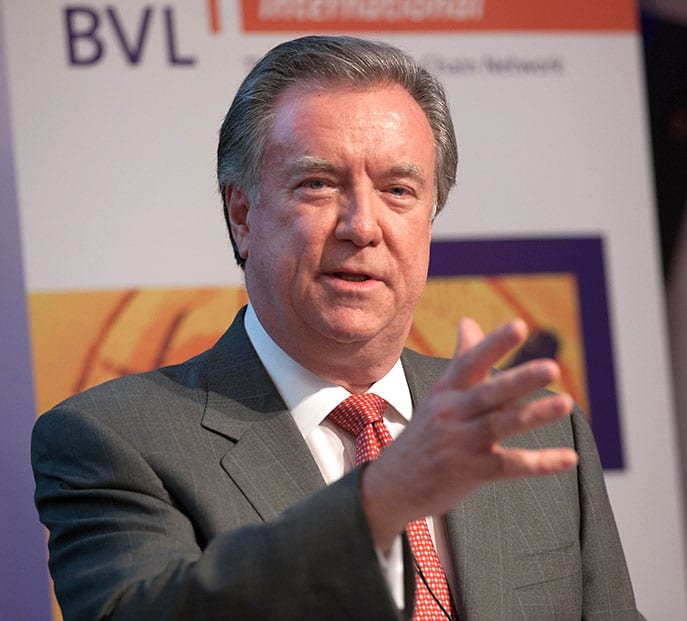
Douglas M. Lambert, PhD is the Raymond E. Mason Chaired Professor Emeritus at Fisher College of Business and Academy Professor, The Ohio State University. For 28 years, he was also Director of The Global Supply Chain Forum, a team of academics and executives who met regularly since 1992 to pursue the critical issues related to achieving excellence in Supply Chain Management.
Professor Lambert’s professional expertise includes supply chain management, the role of partnerships in achieving a competitive advantage, and measuring and selling the value created in business-to-business relationships. Dr. Lambert is editor of Supply Chain Management: Processes, Partnerships, Performance, 4th edition, and co-author of, Building High-Performance Business Relationships, Fundamentals of Logistics Management, Strategic Logistics Management and Management in Marketing Channels.
He has published more than 100 articles in journals such as Harvard Business Review, Industrial Marketing Management, Supply Chain Management: An International Journal, Supply Chain Management Review, Supply Chain Quarterly, Journal of Business Logistics, Journal of Marketing Management, and the Journal of Retailing. He was the co-founder and co-editor of the International Journal of Logistics Management 1989 to 2007.
Dr. Lambert has made more than 200 presentations to professional organizations and has served as a faculty member for more than 500 executive development programs in North and South America, Europe, Asia, Australia and New Zealand, for both academic institutions and major international business organizations. He speaks on such topics as supply chain management; building high-performance business relationships; assessing the profitability of customers, suppliers and products/services; using the supply chain as a competitive weapon; collaborating with key customers and suppliers to co-create value; and, measuring and selling value.
He has worked with major corporations in the USA and overseas to implement supply chain management processes, develop supply chain metrics, structure collaborative relationships with key customers and suppliers, and measure the value co-created. Connect with Dr. Lambert on LinkedIn.
